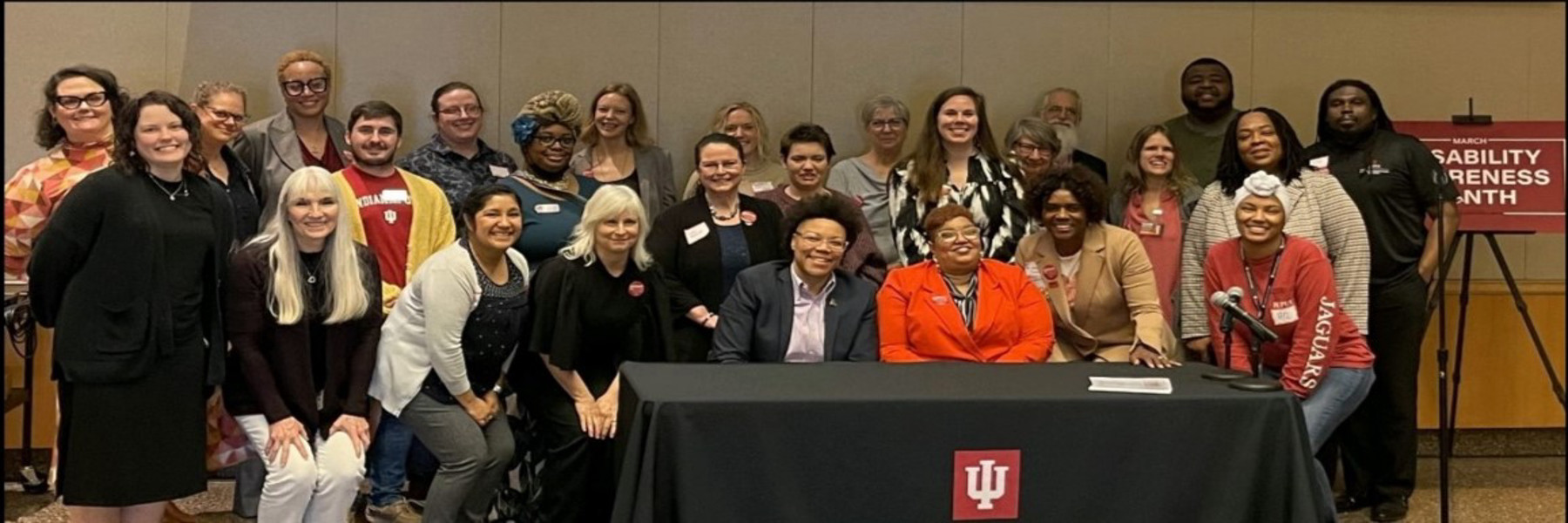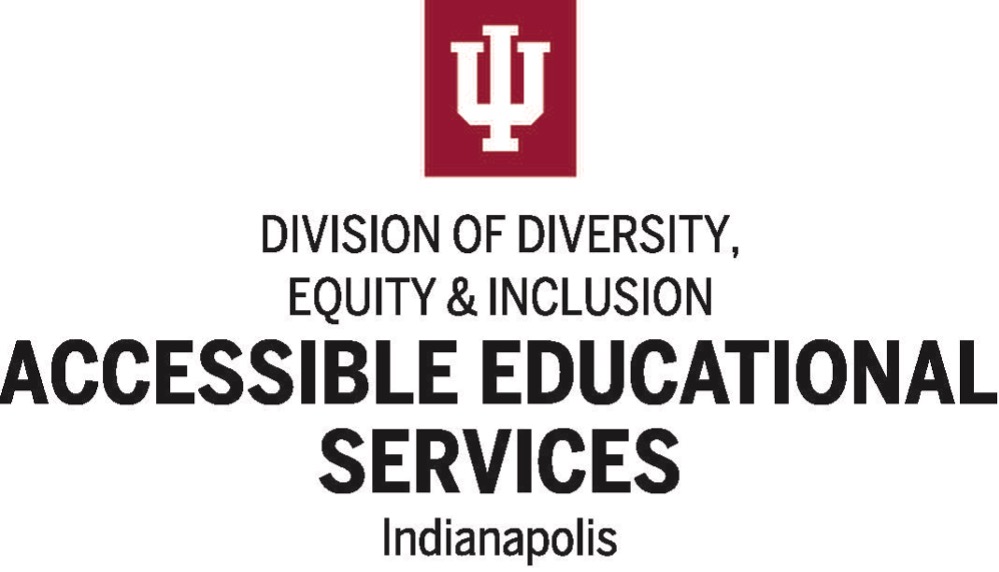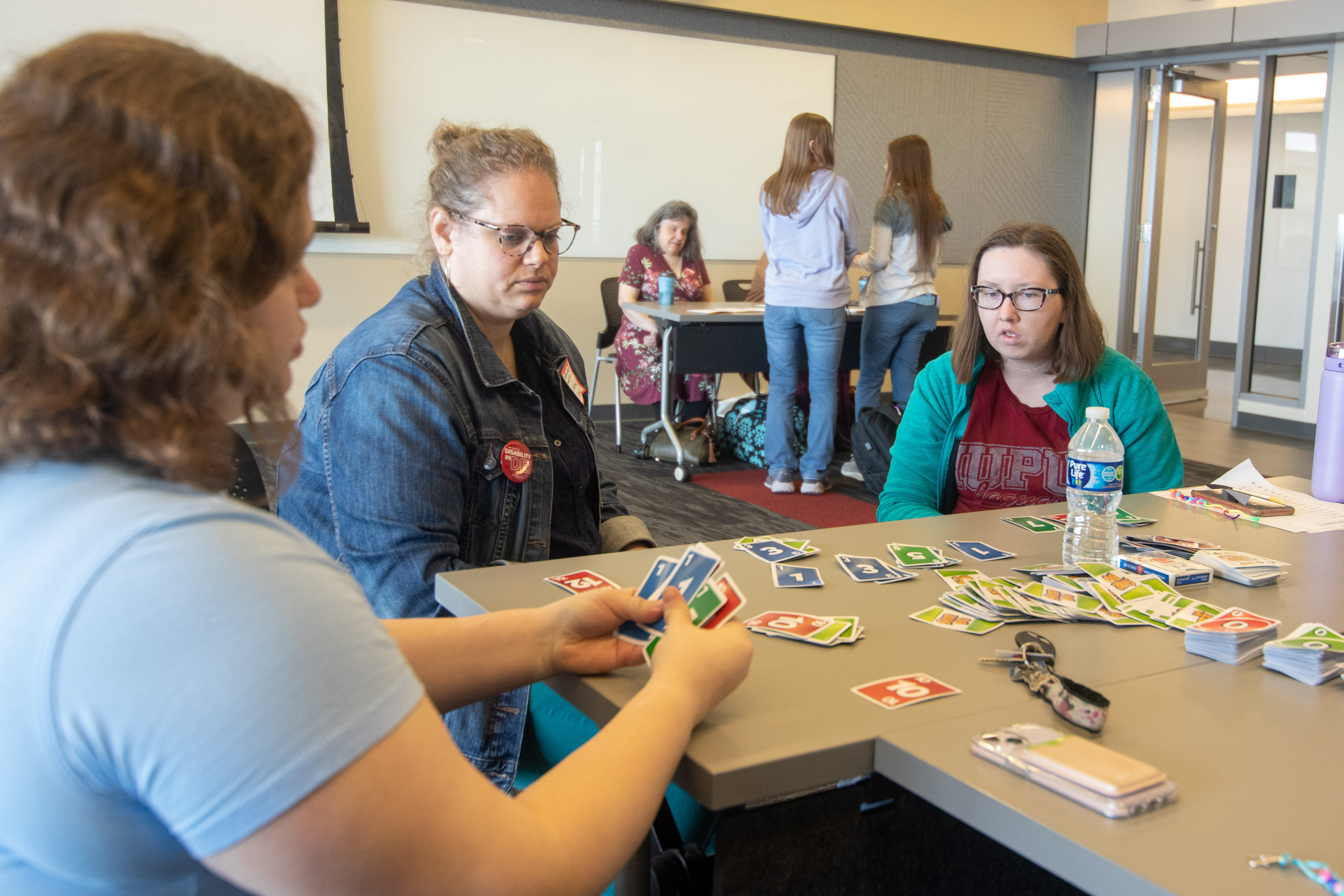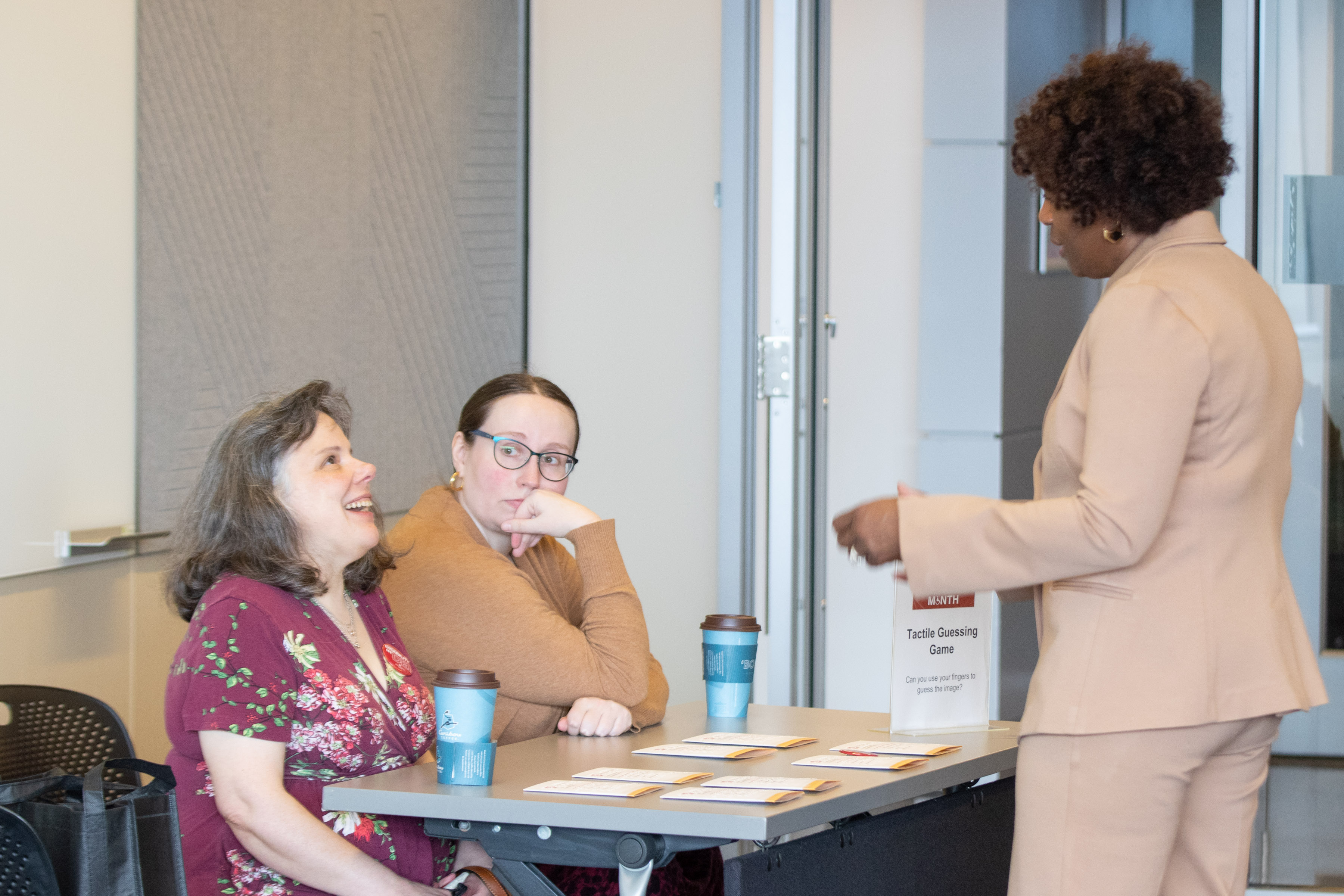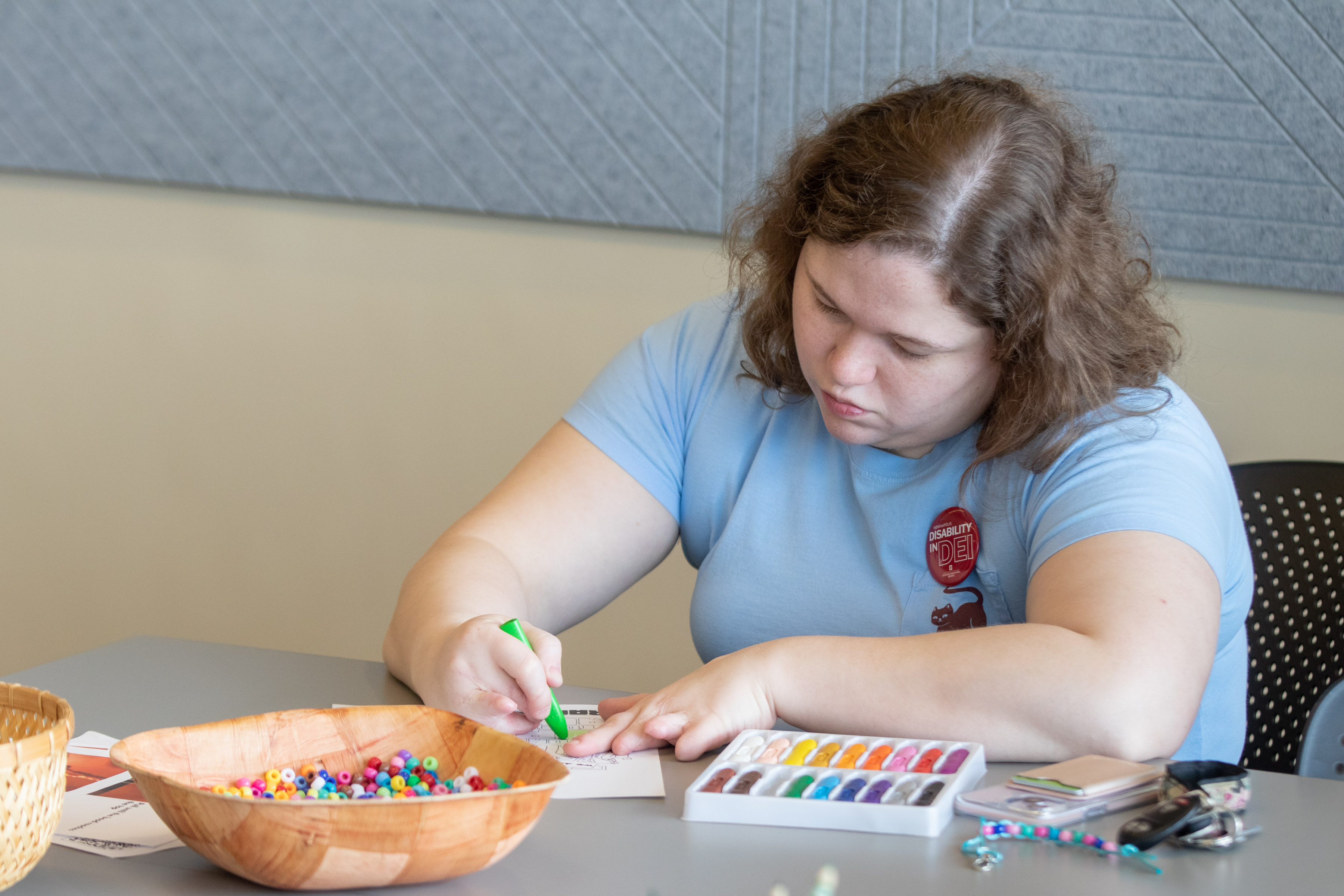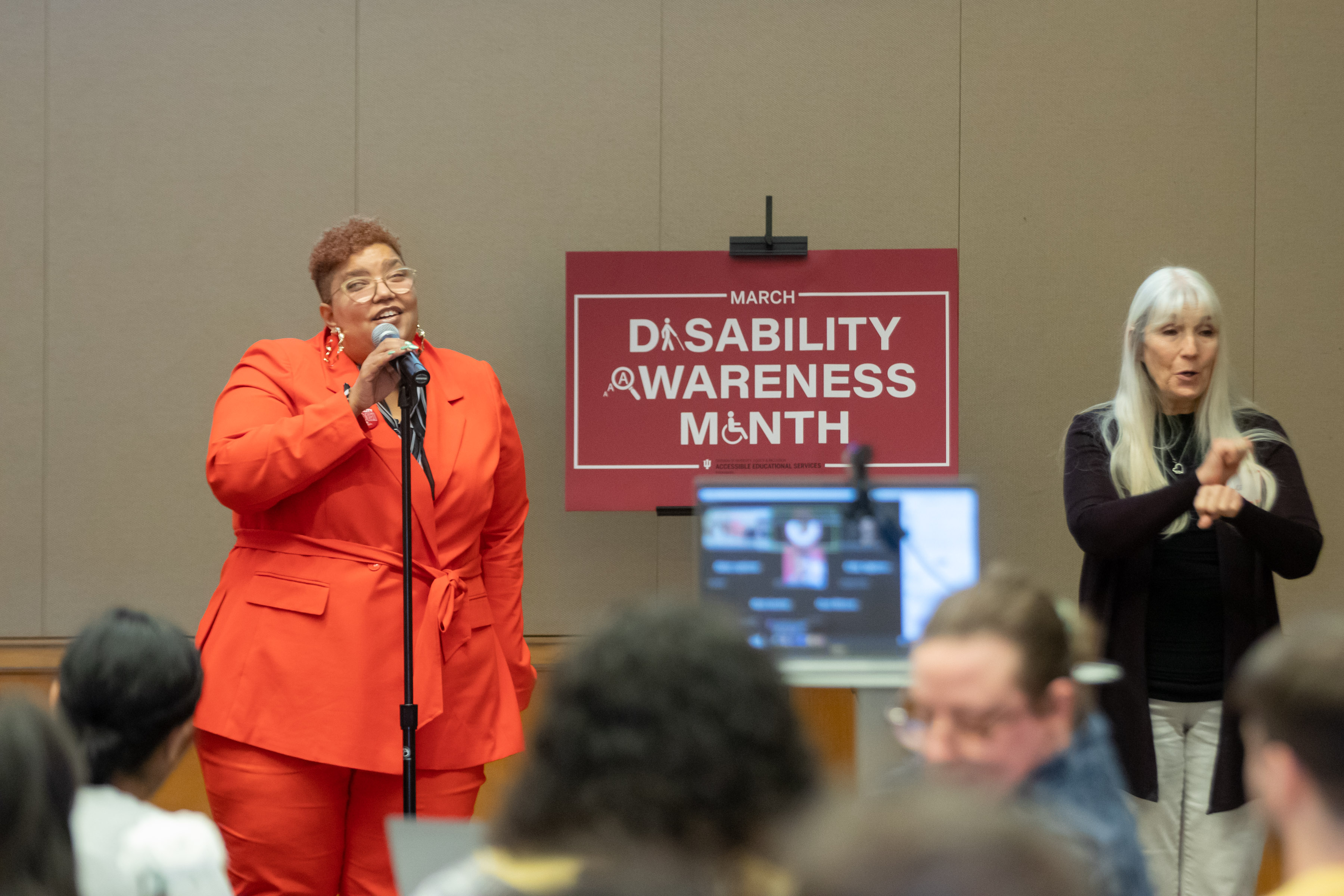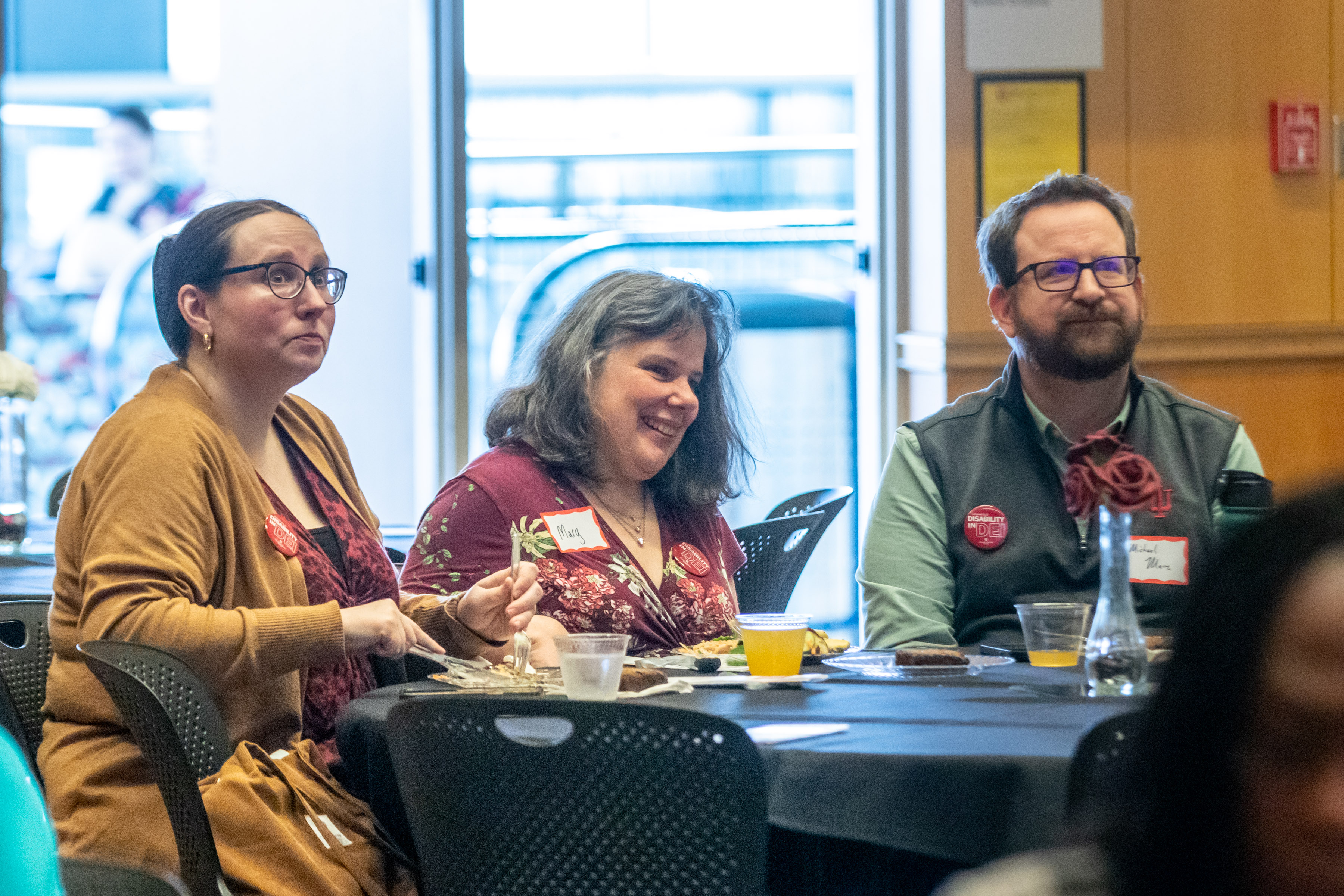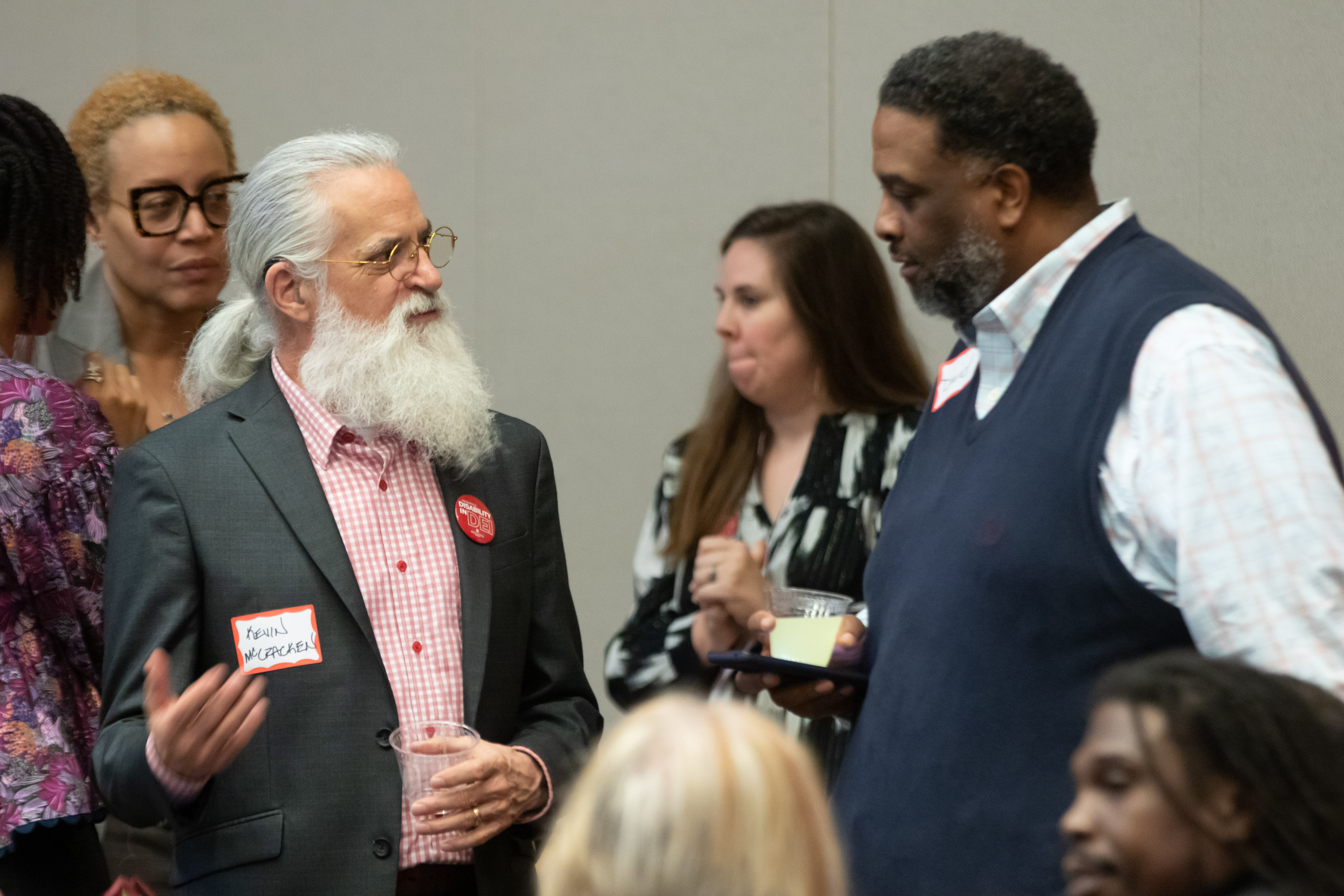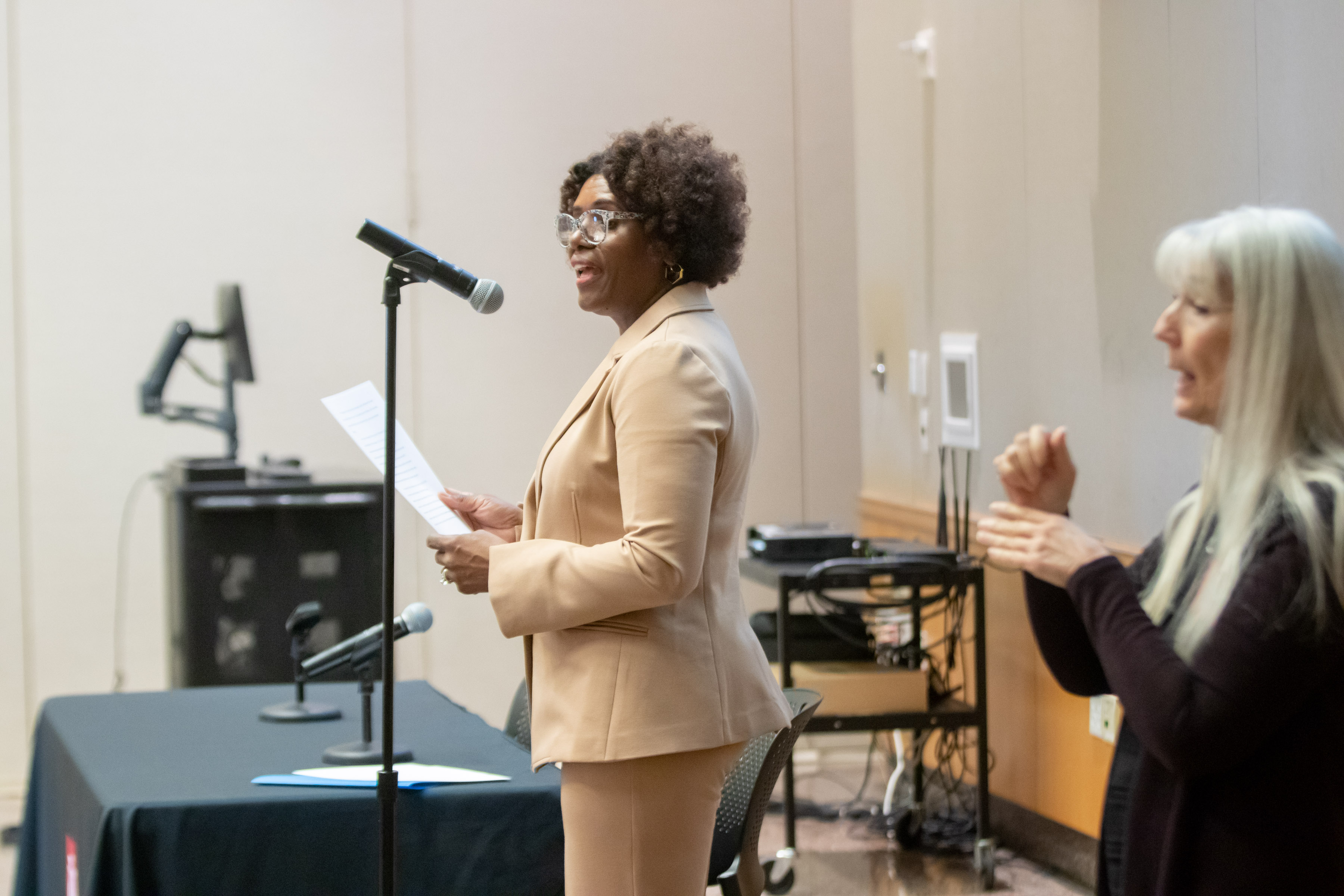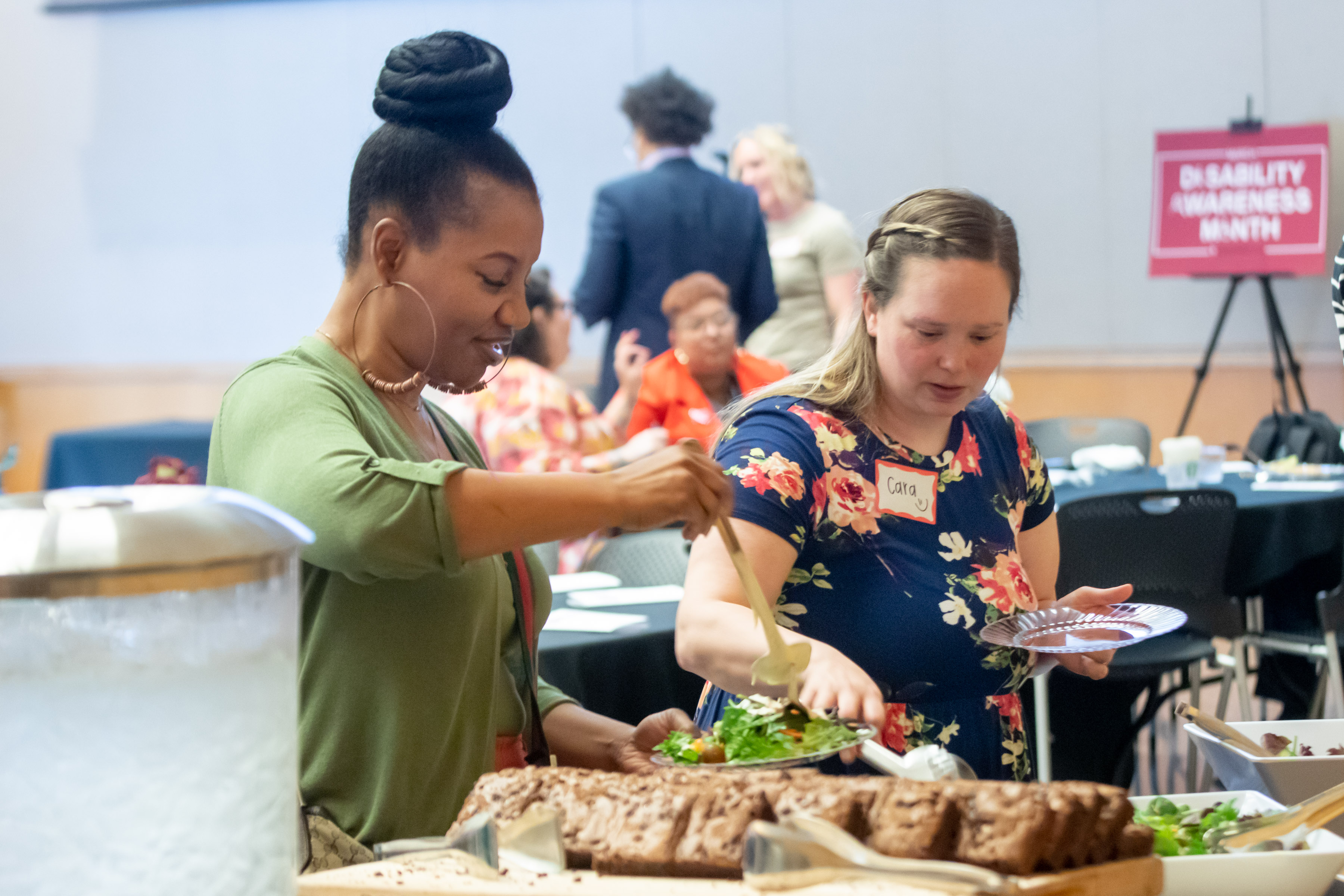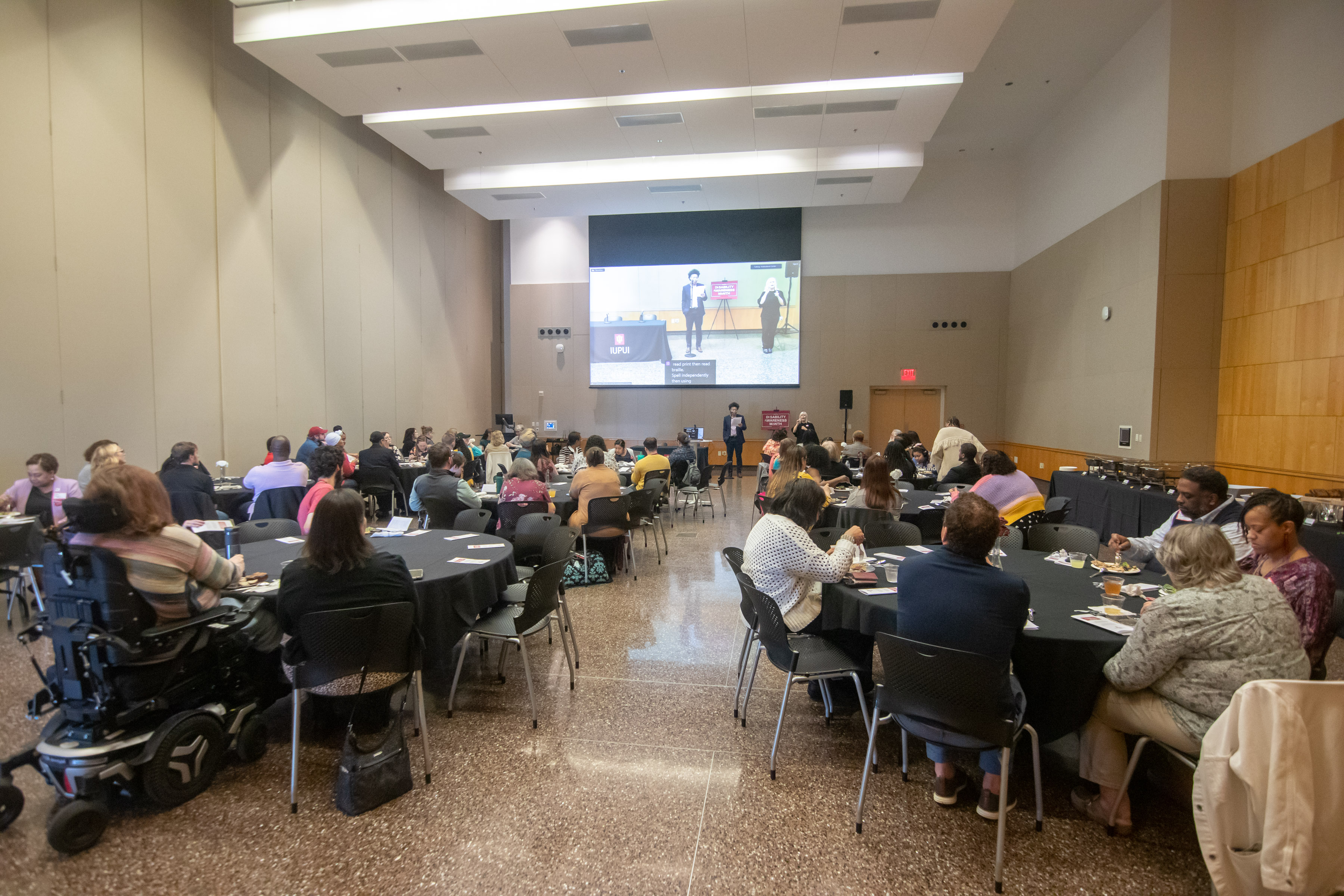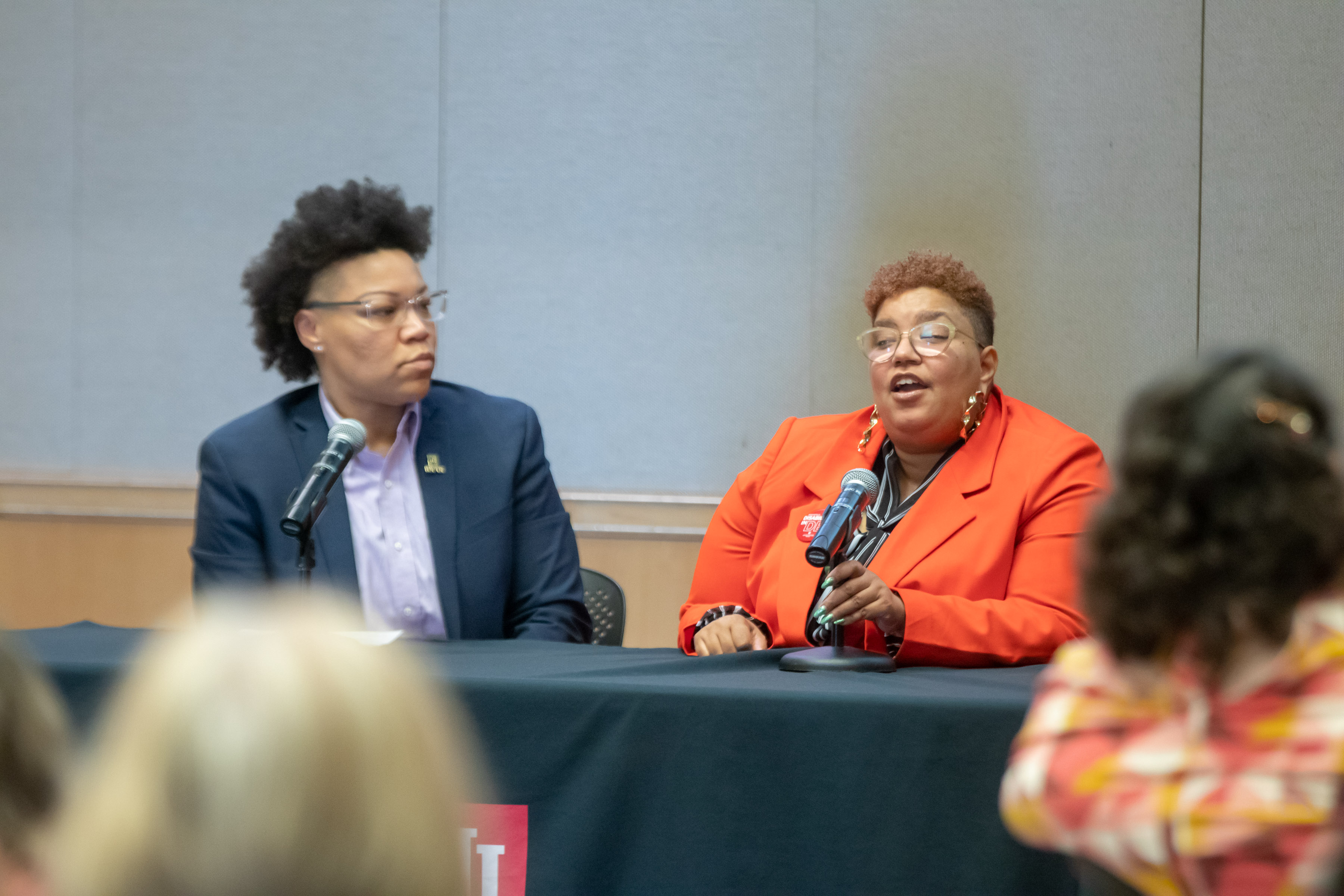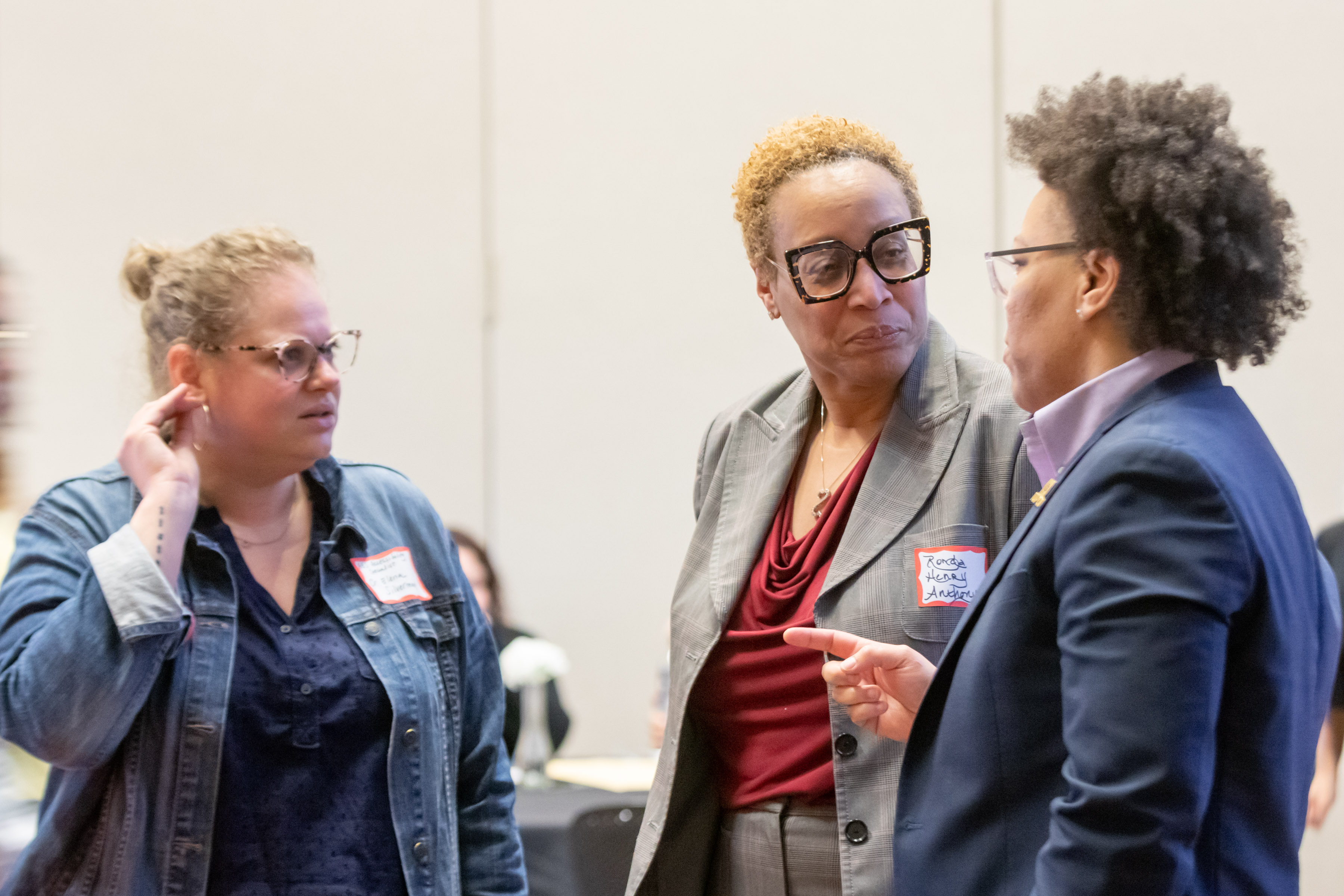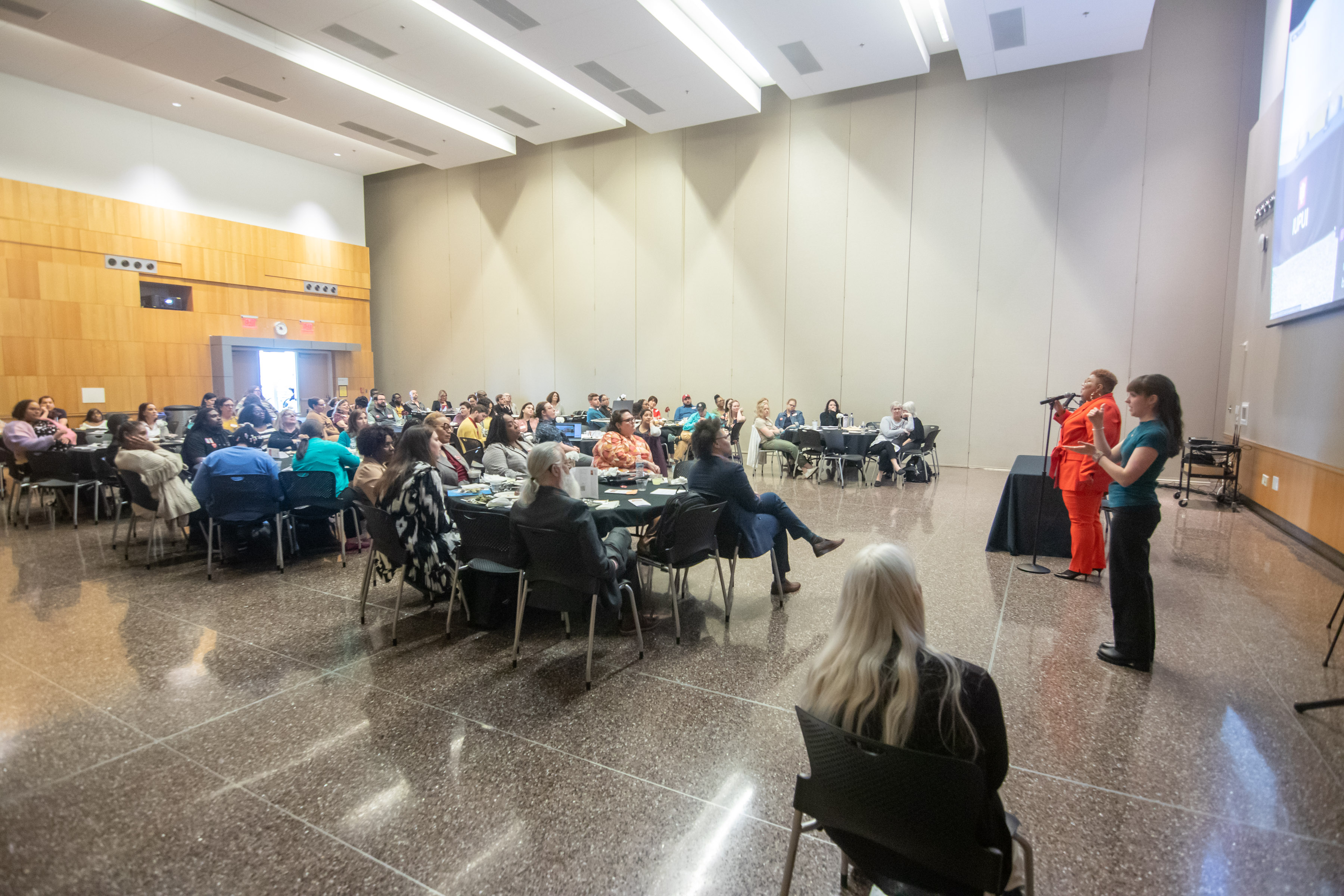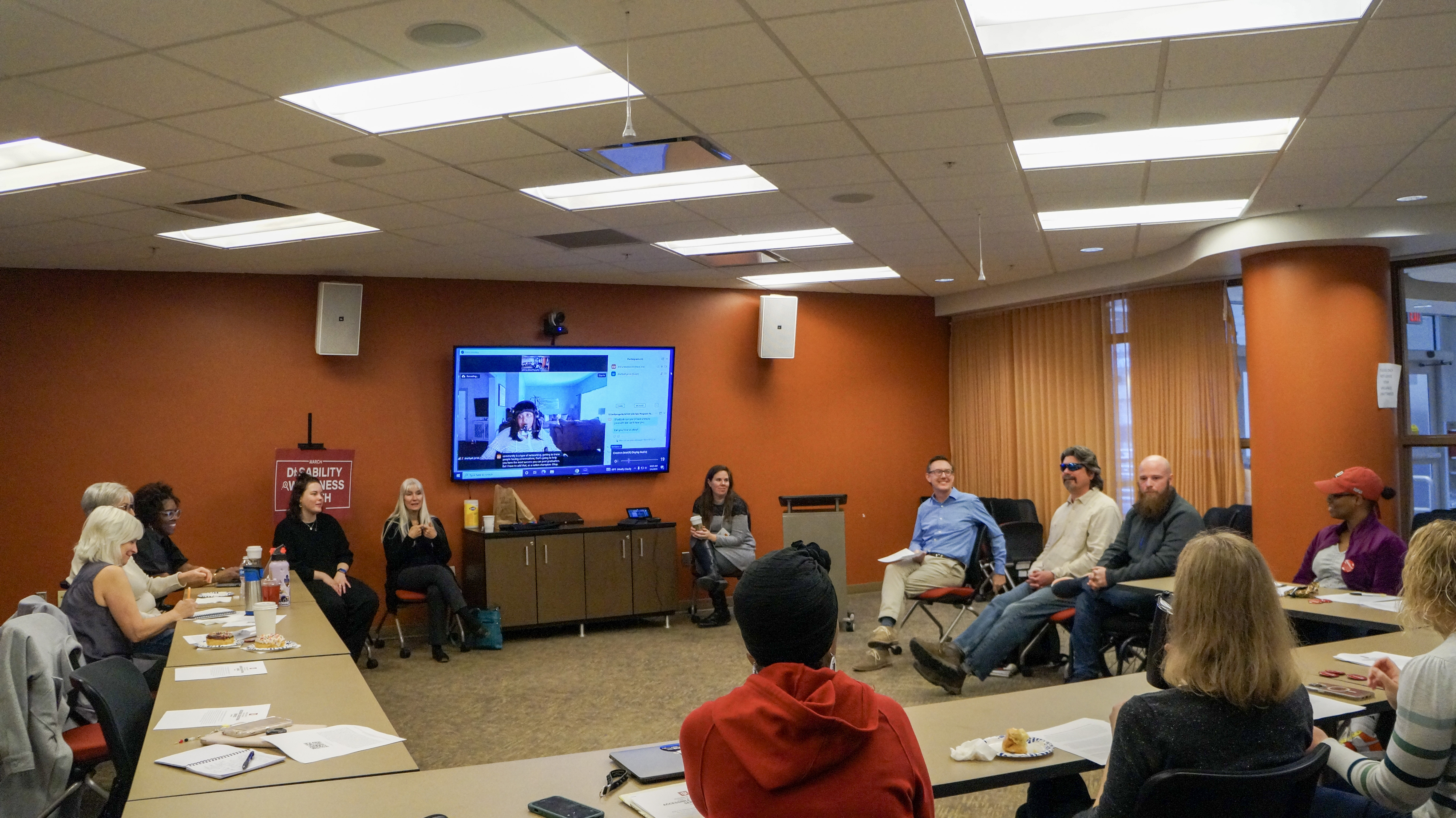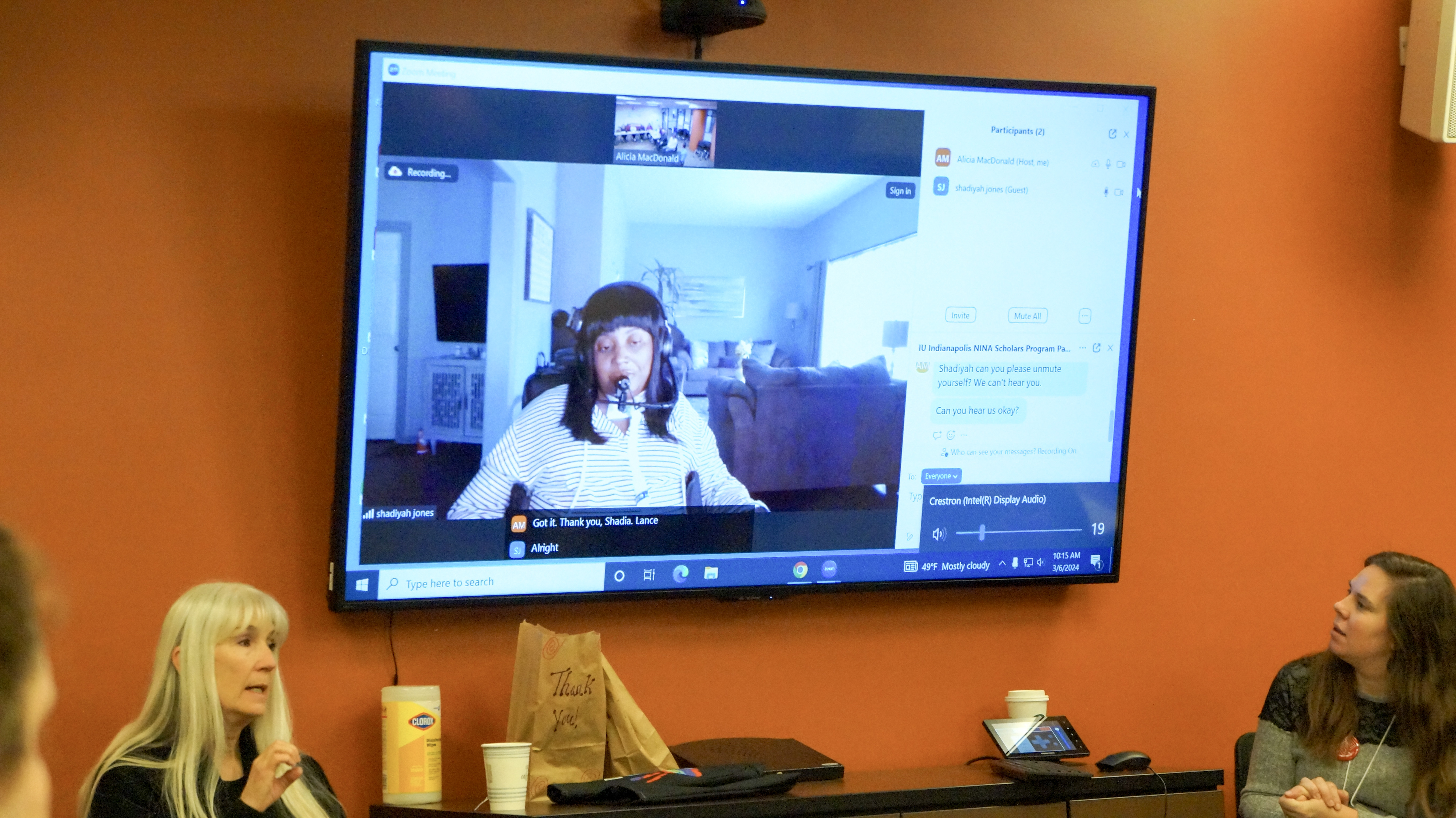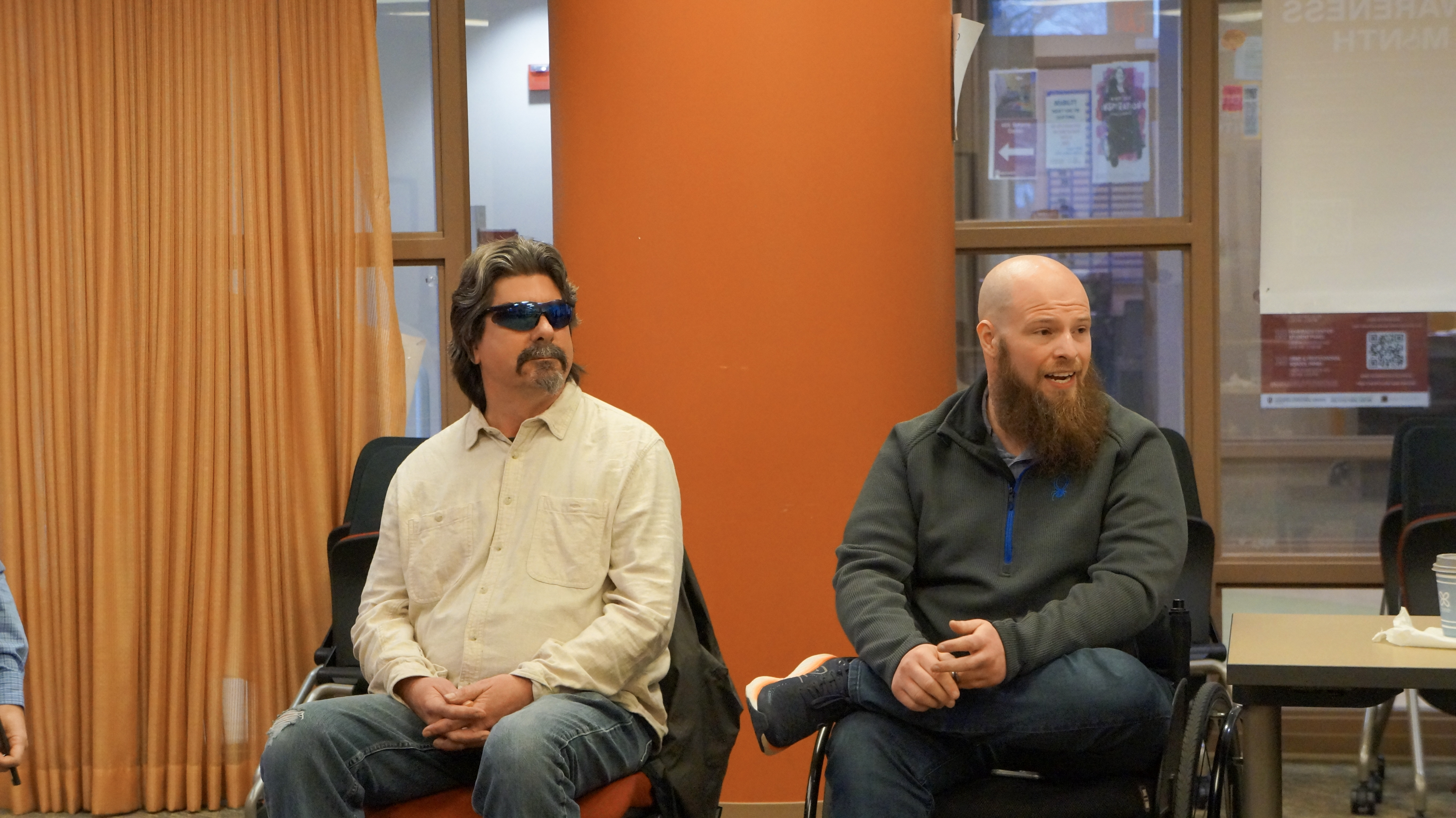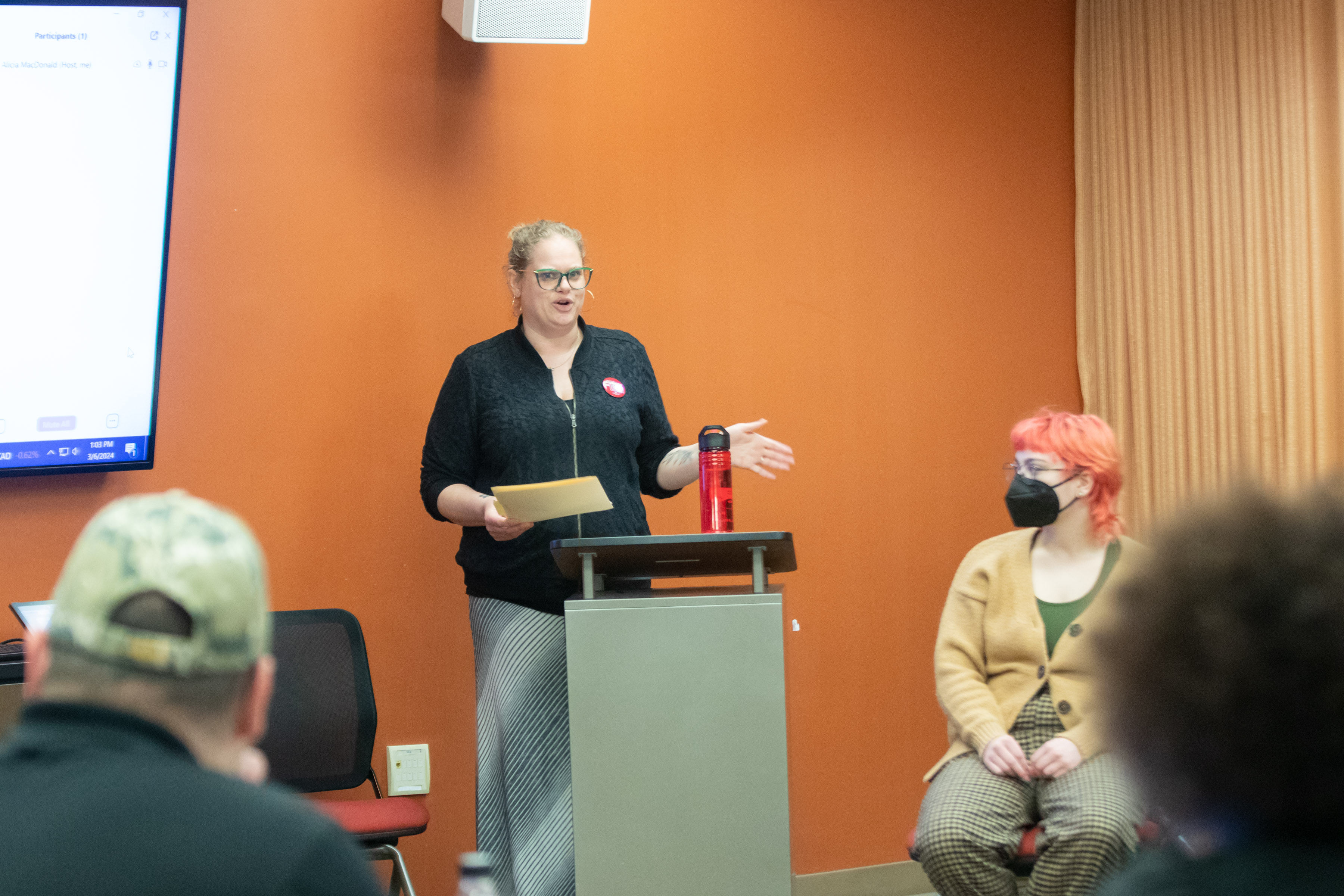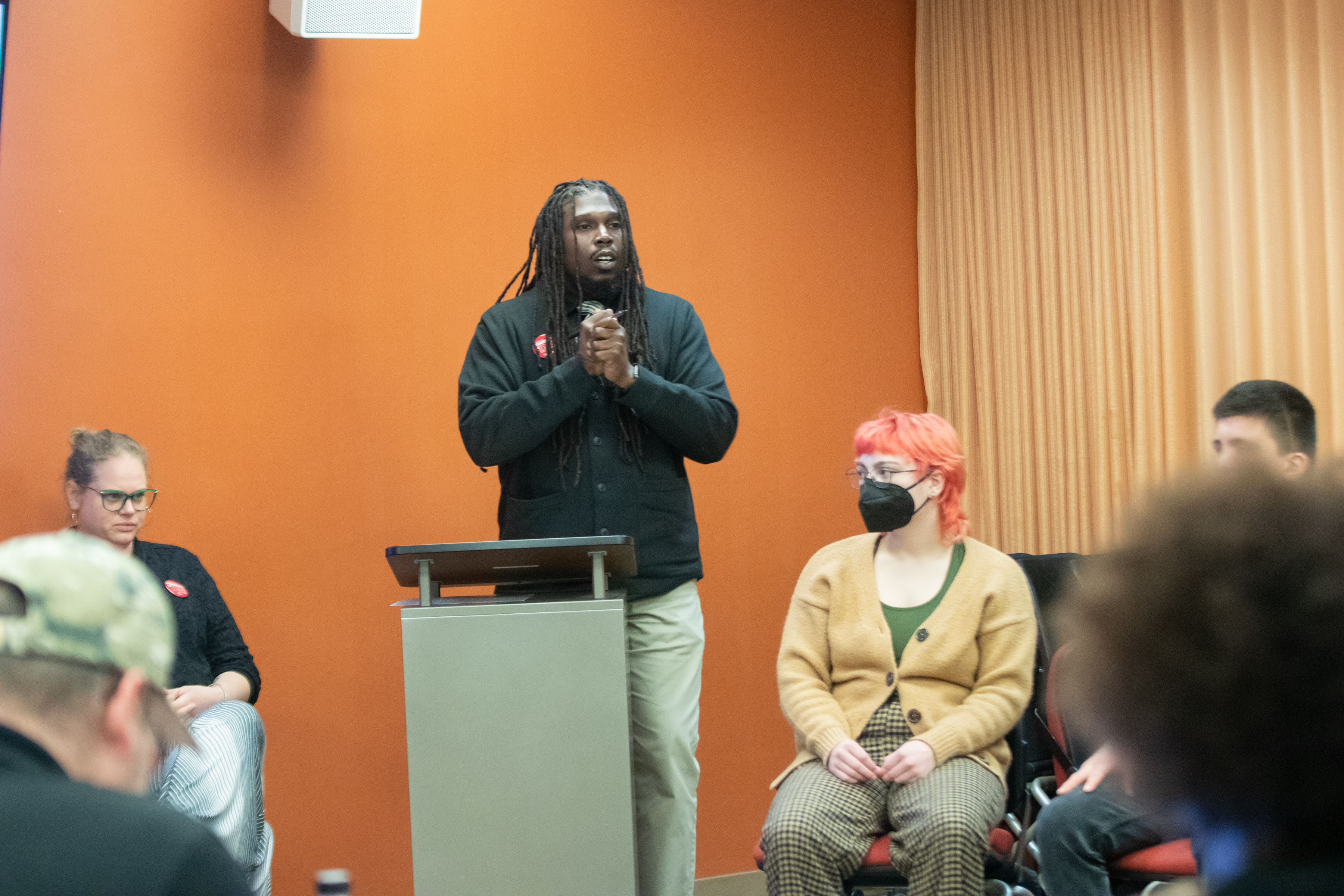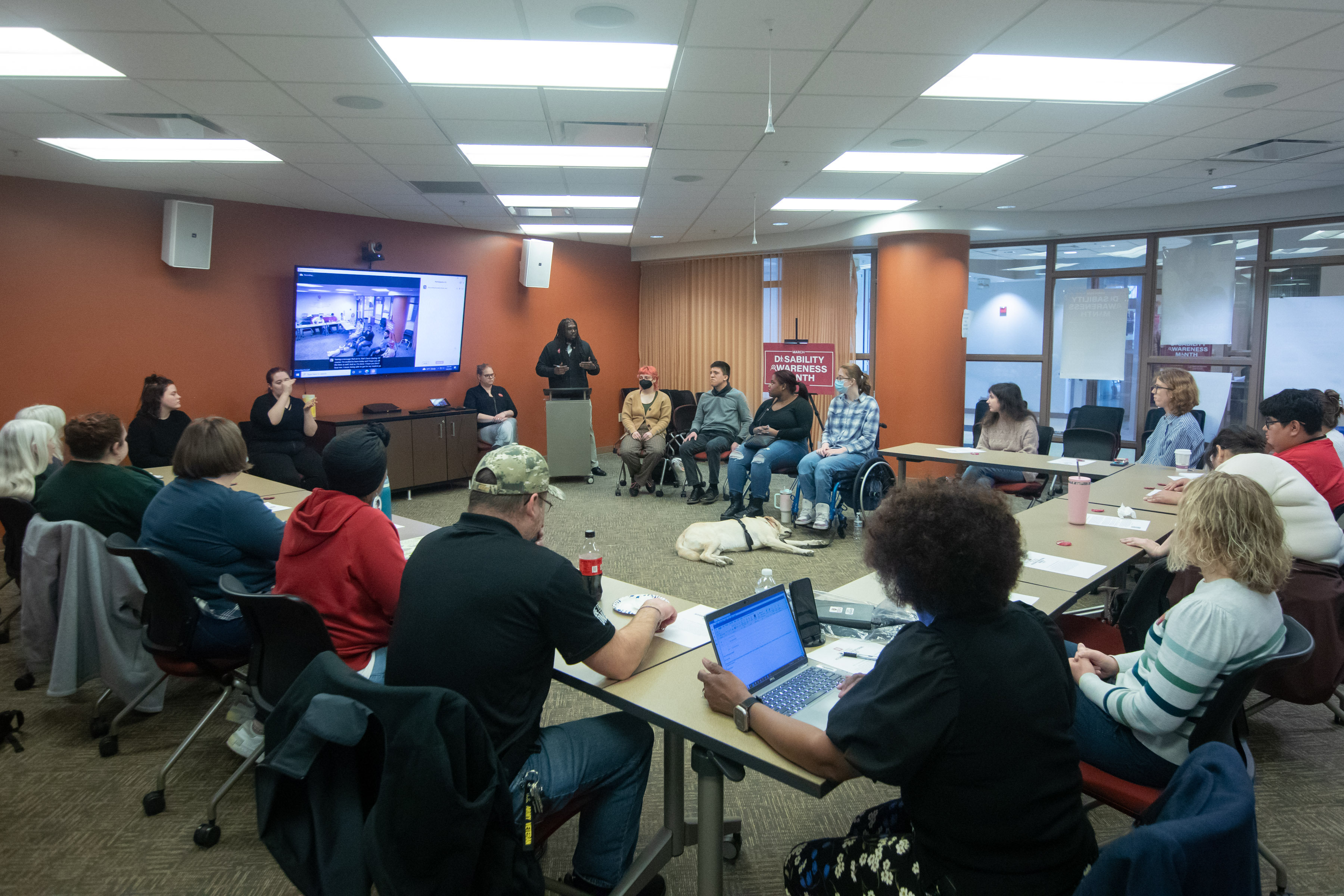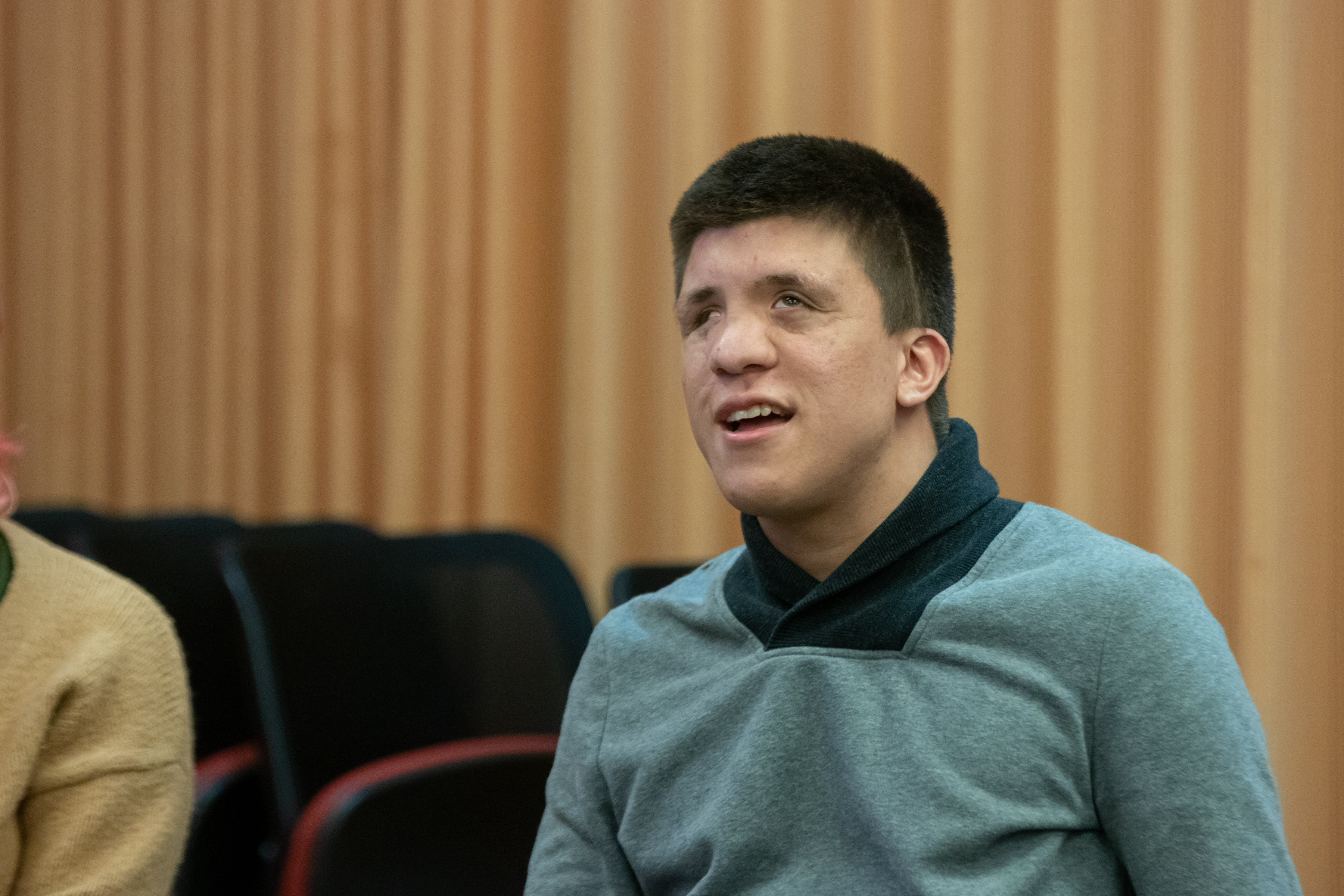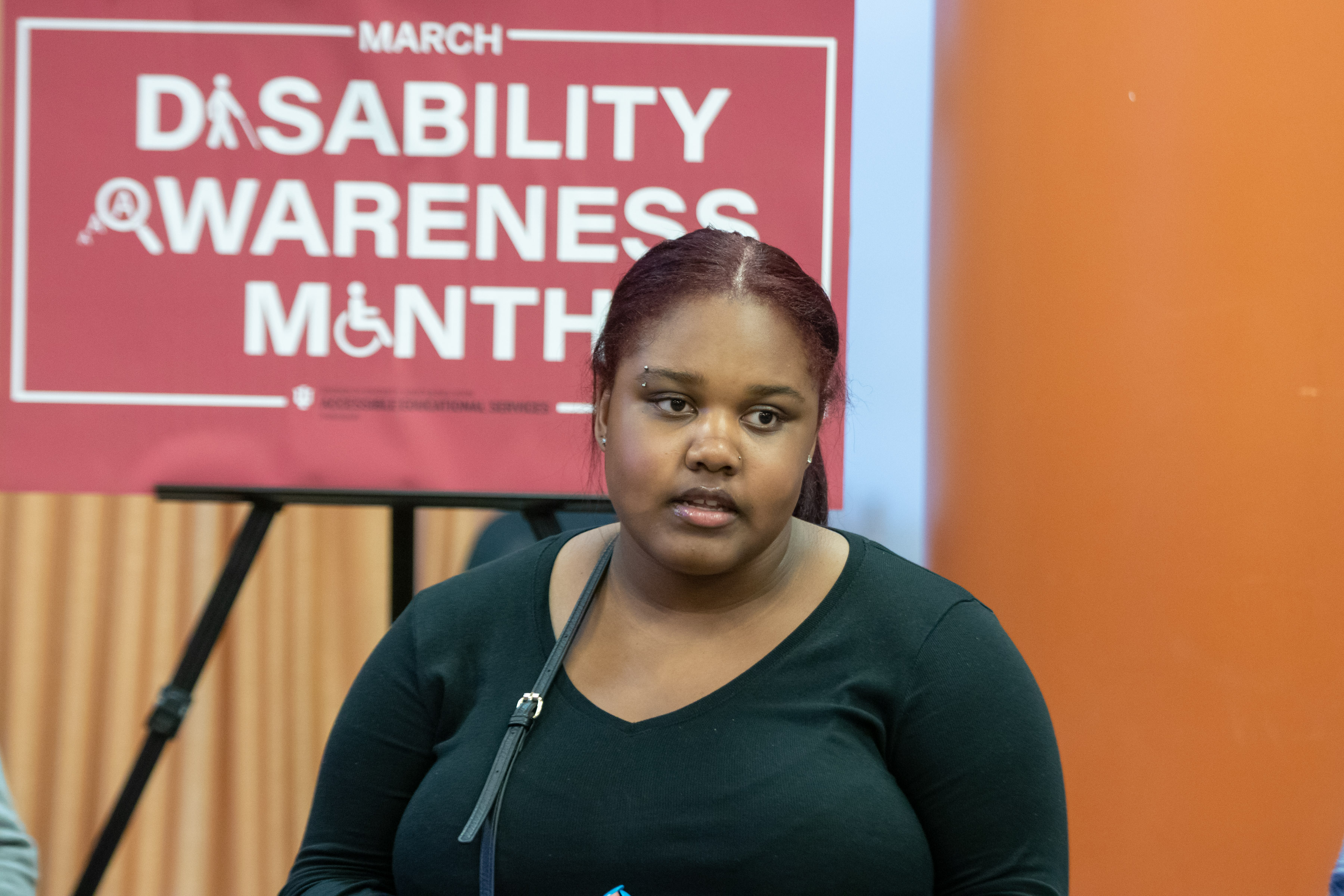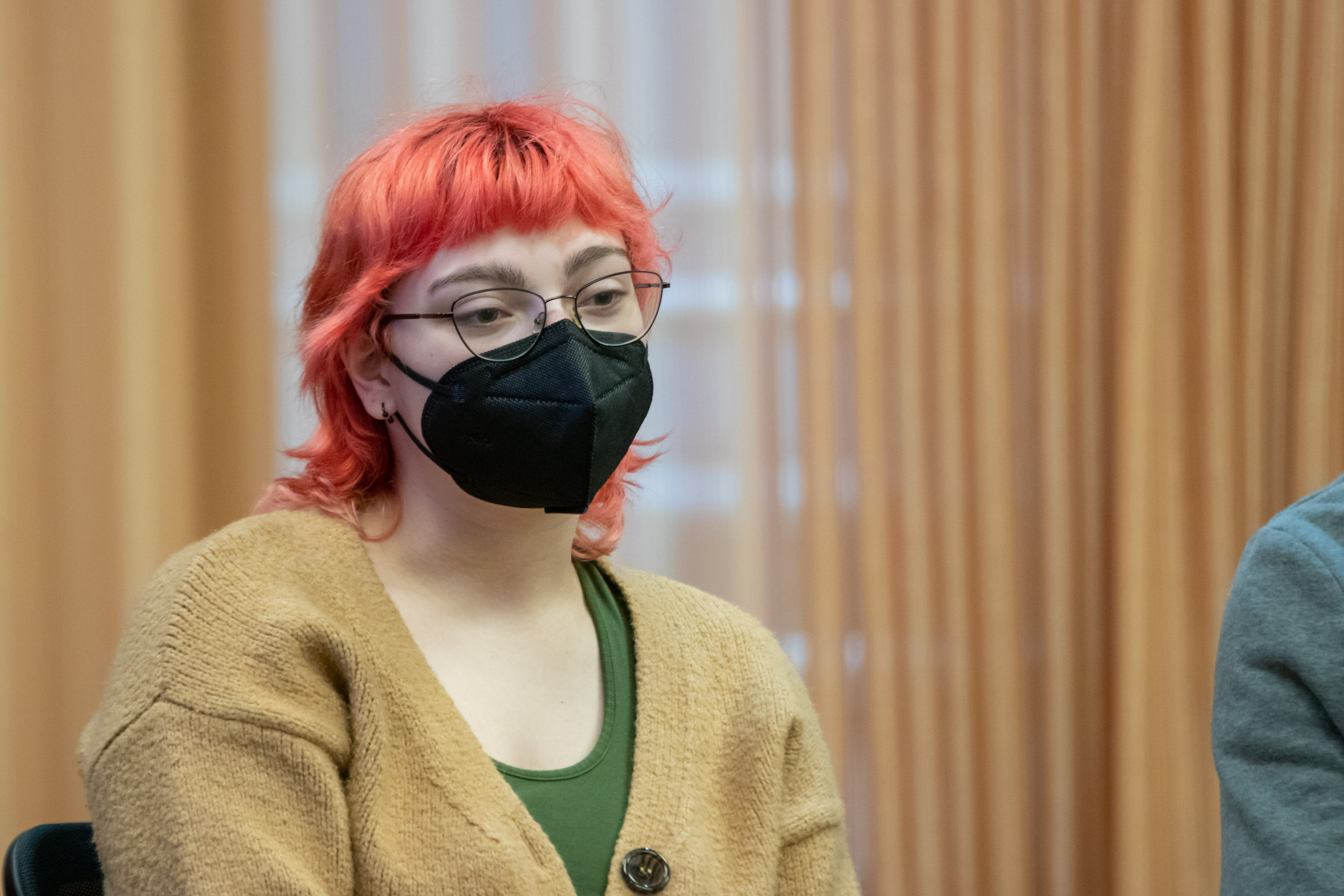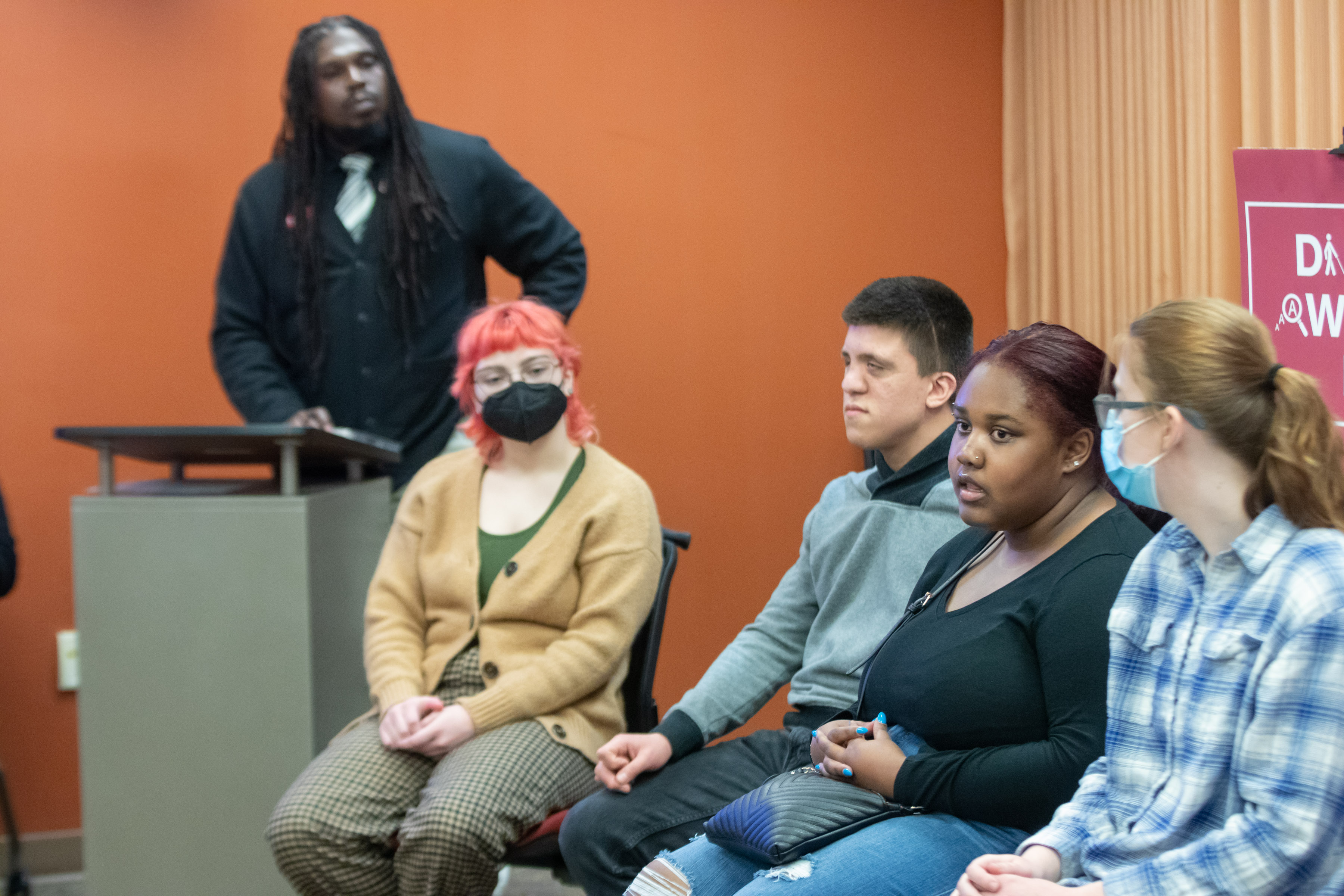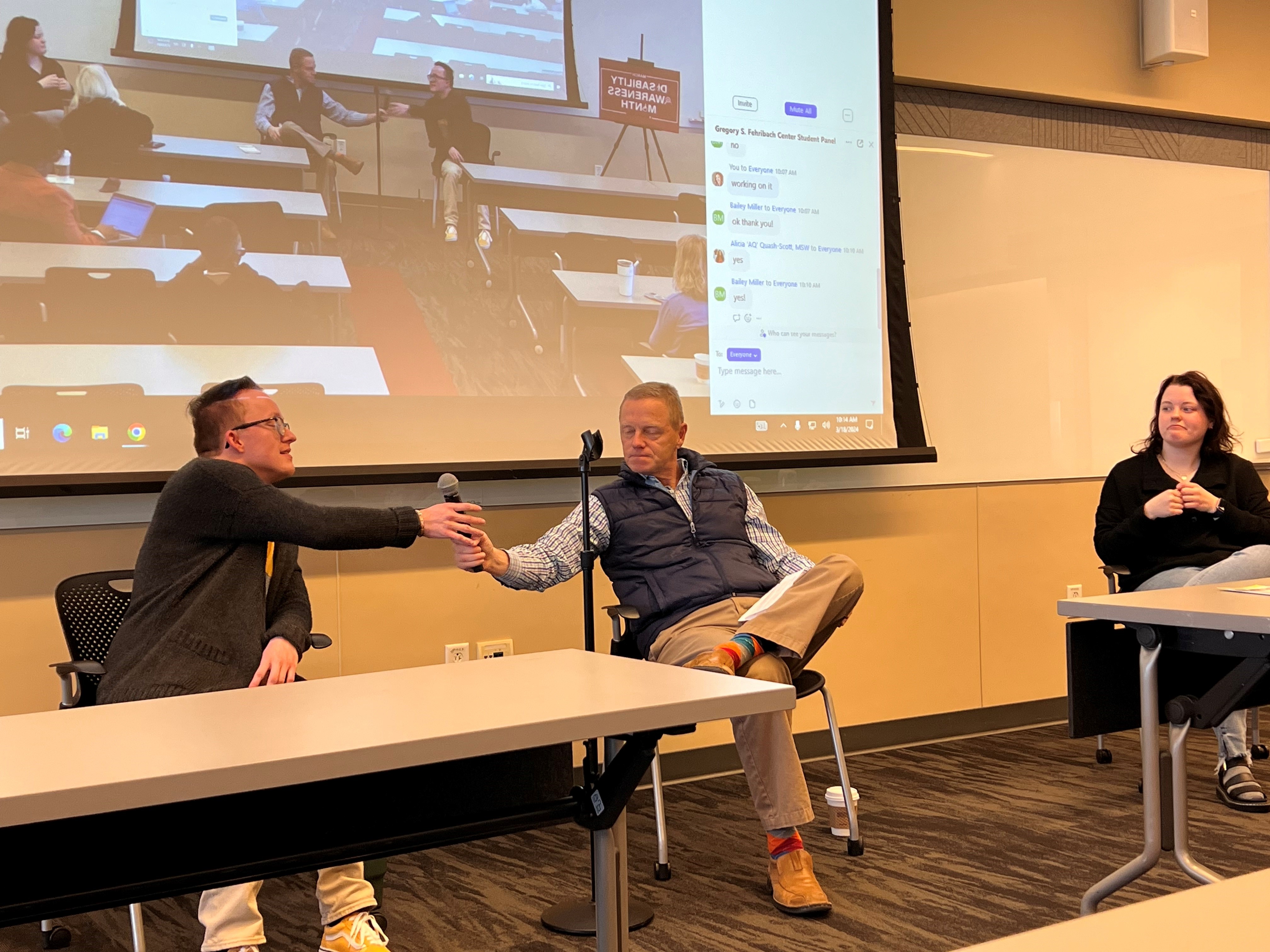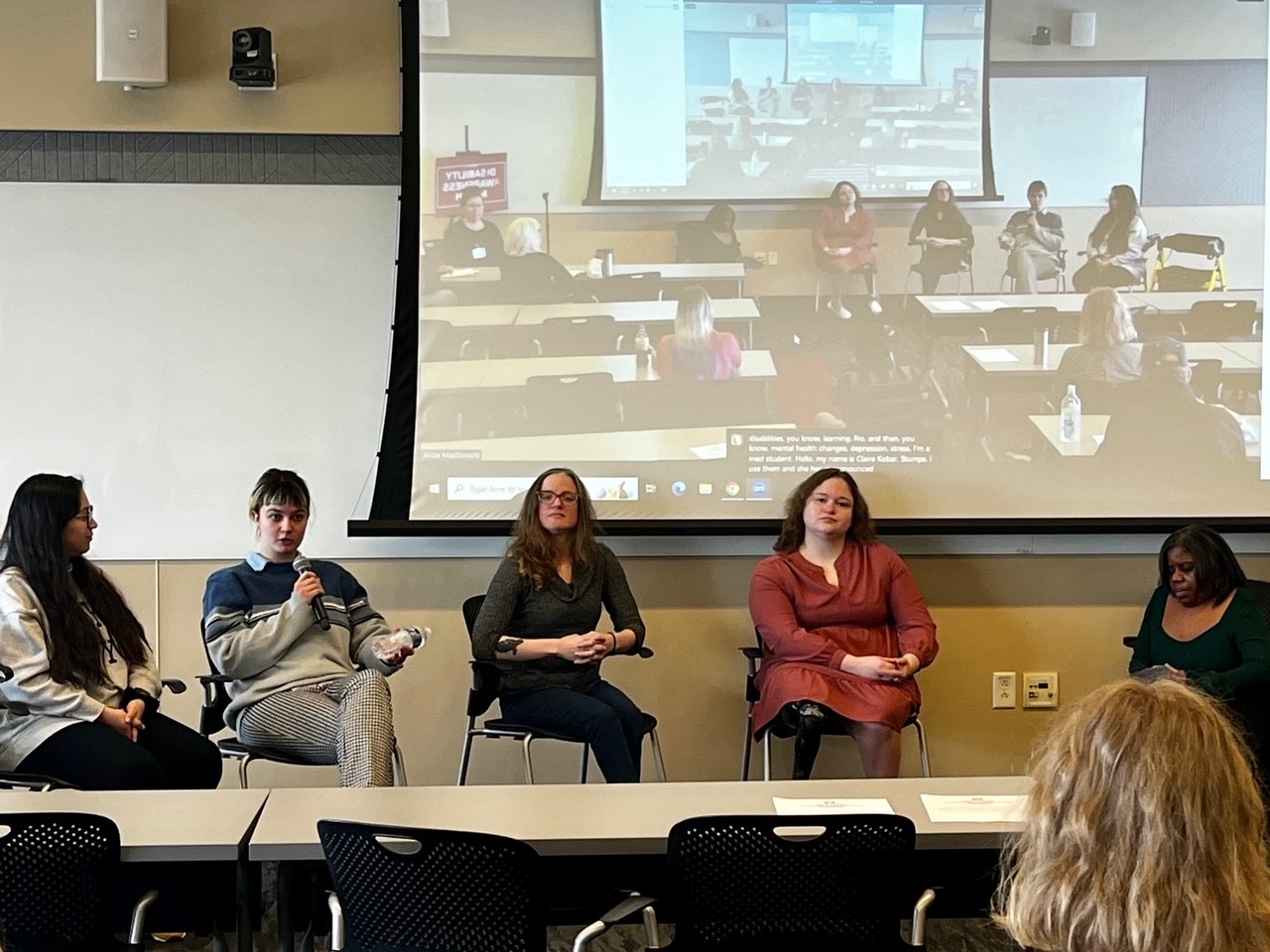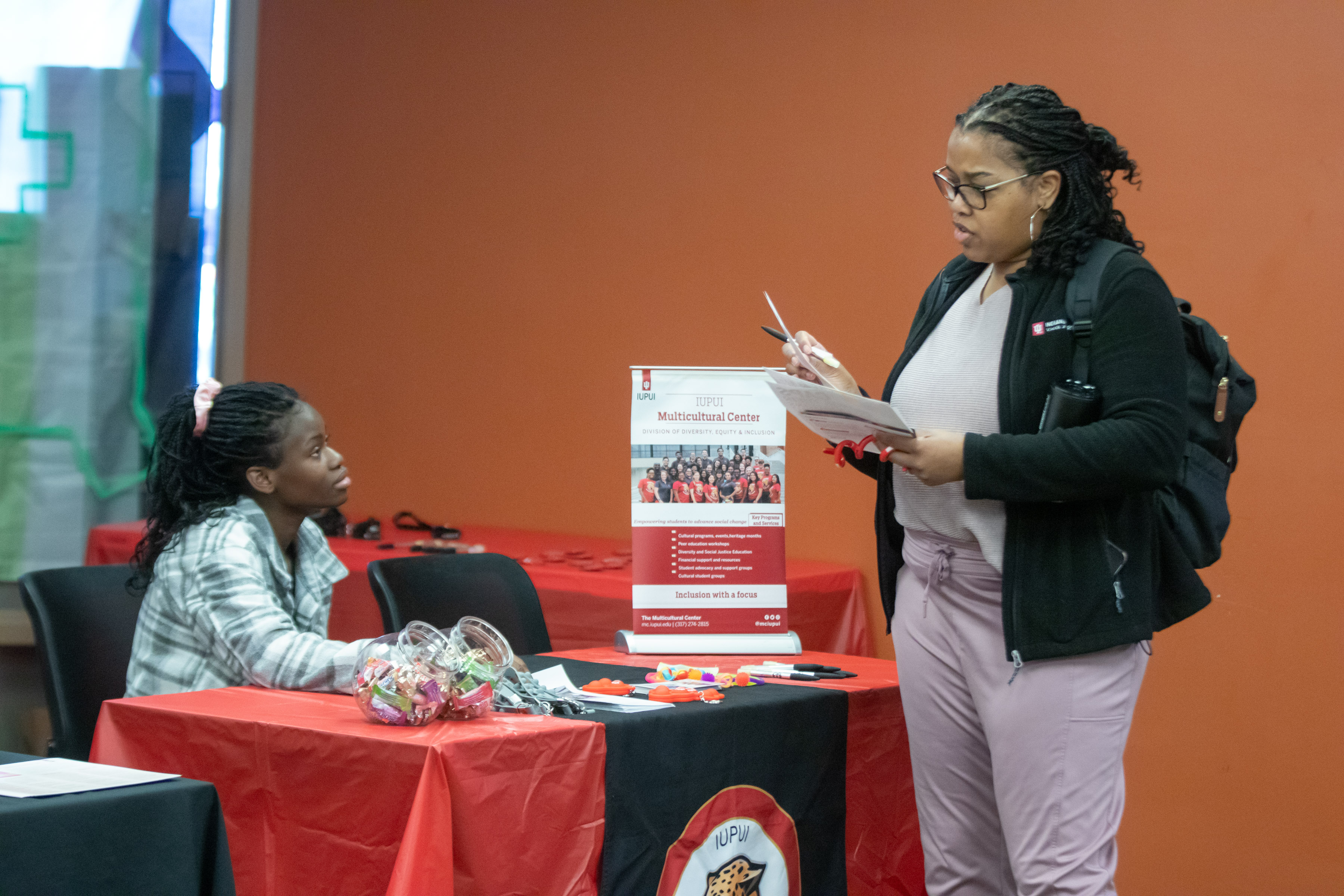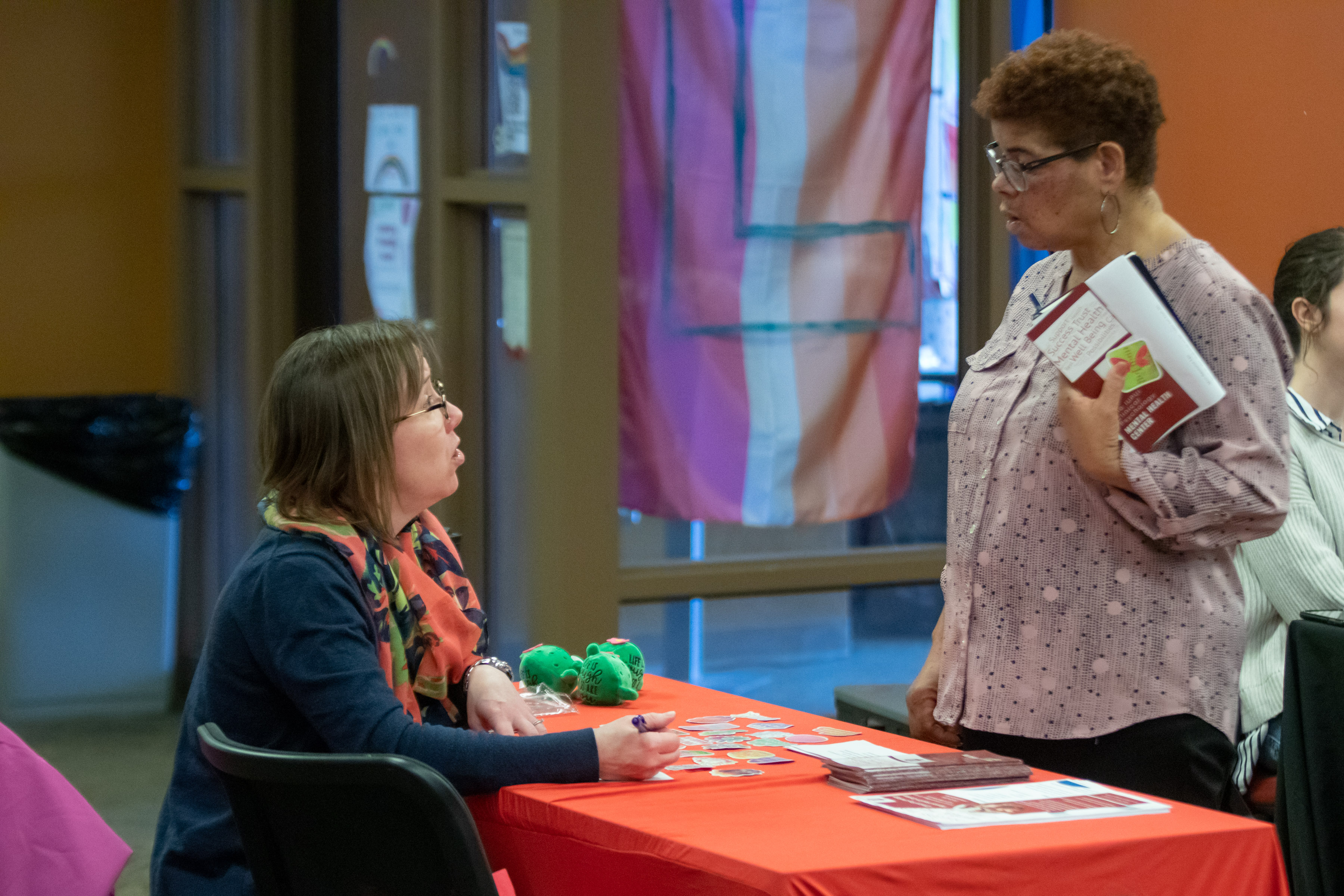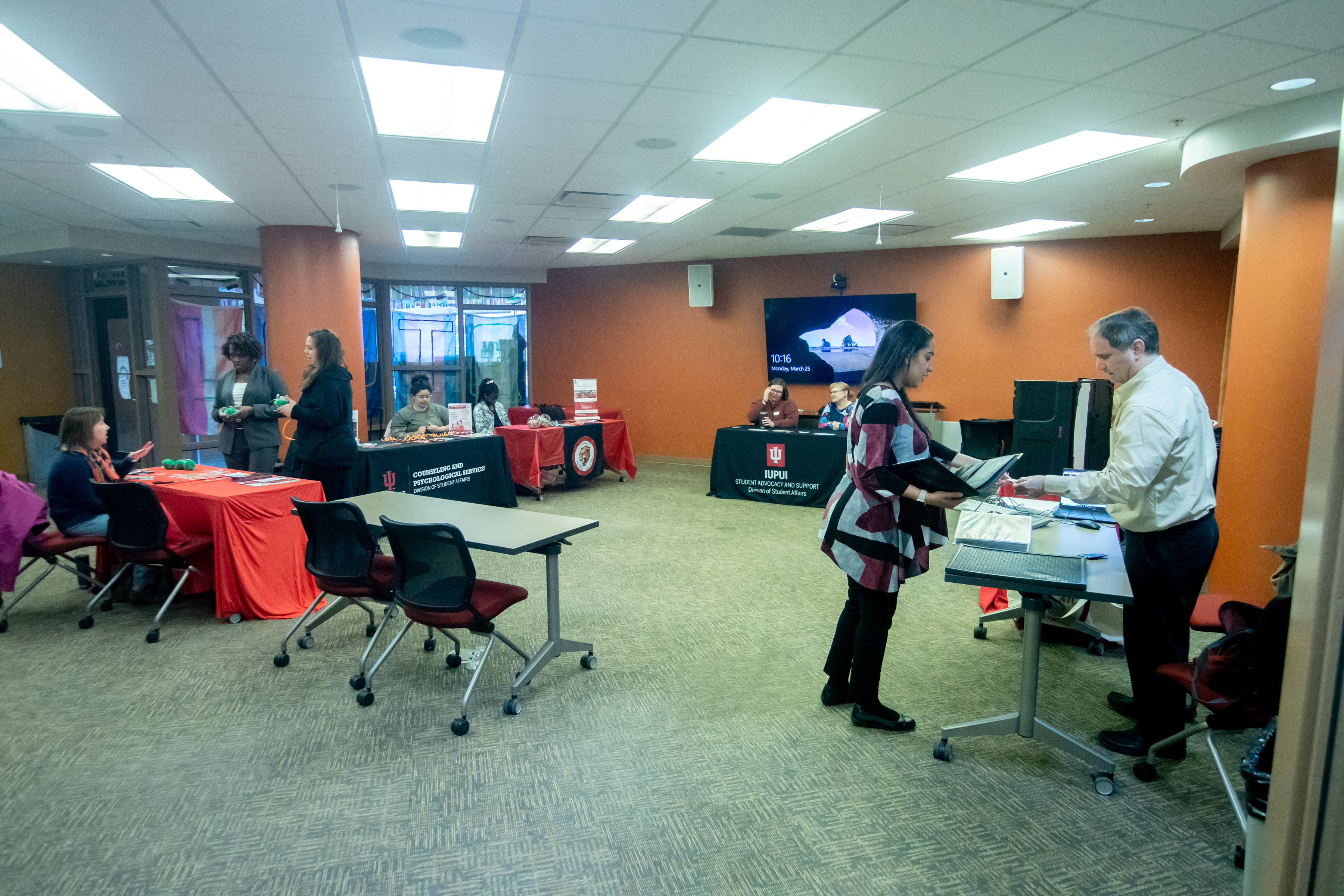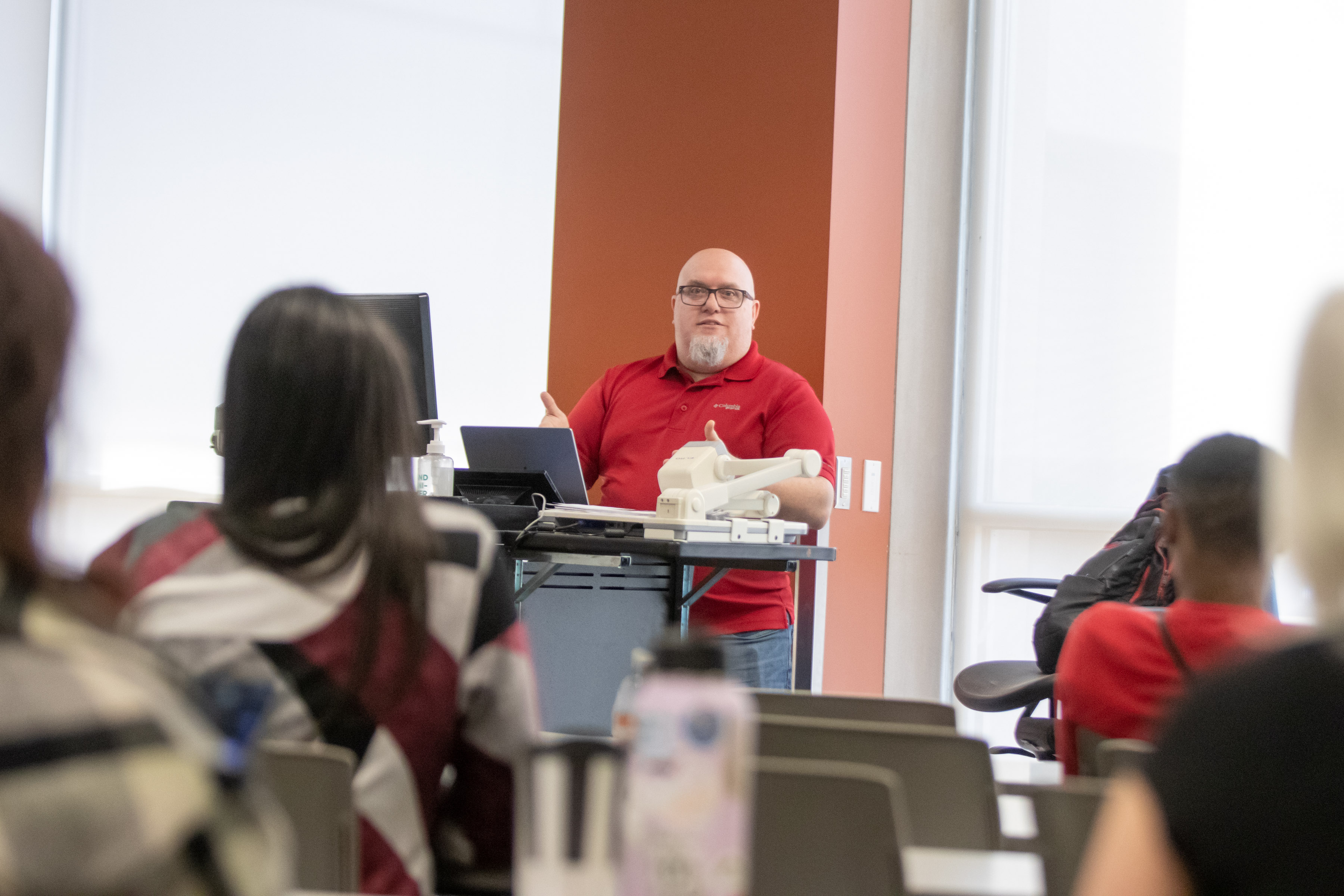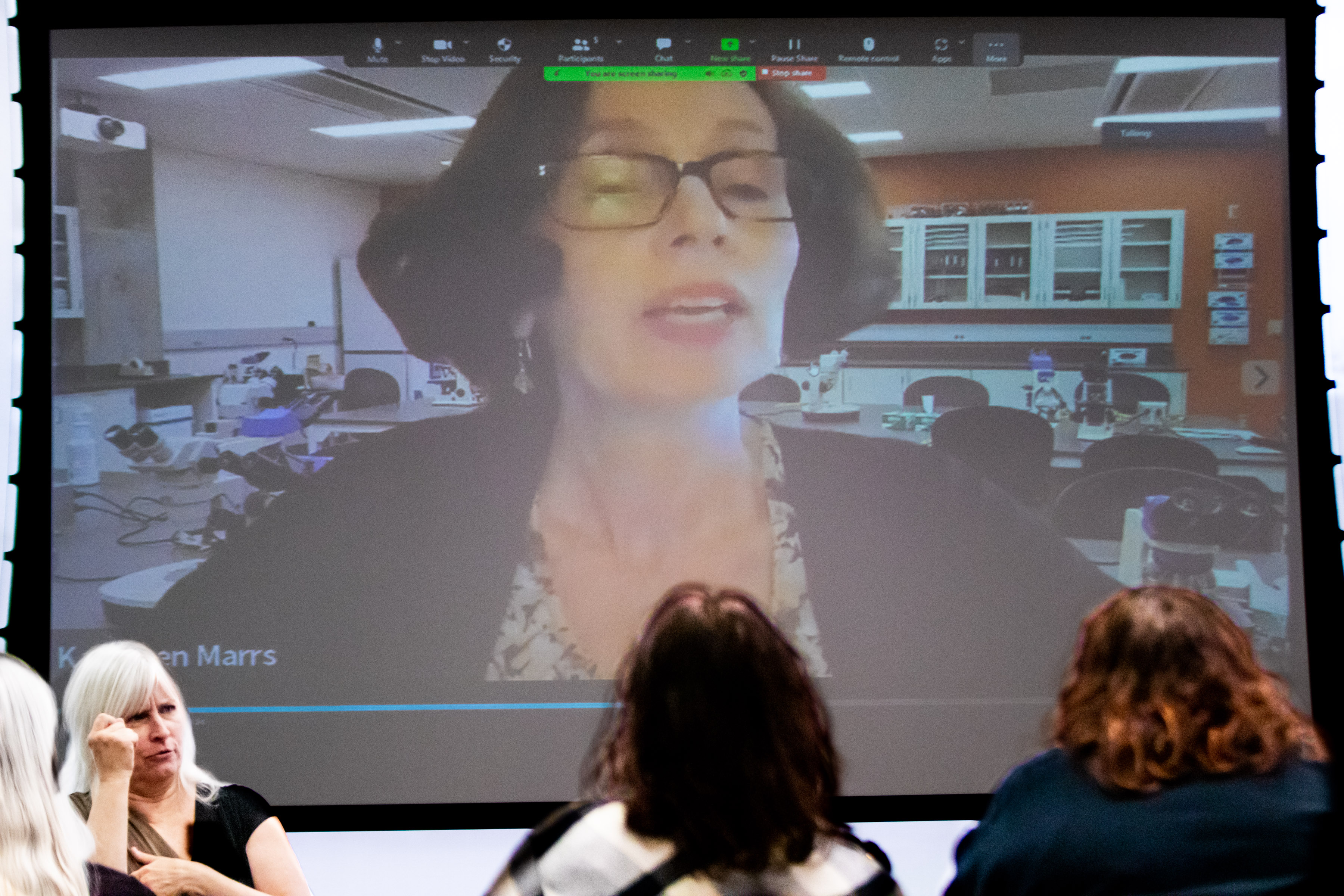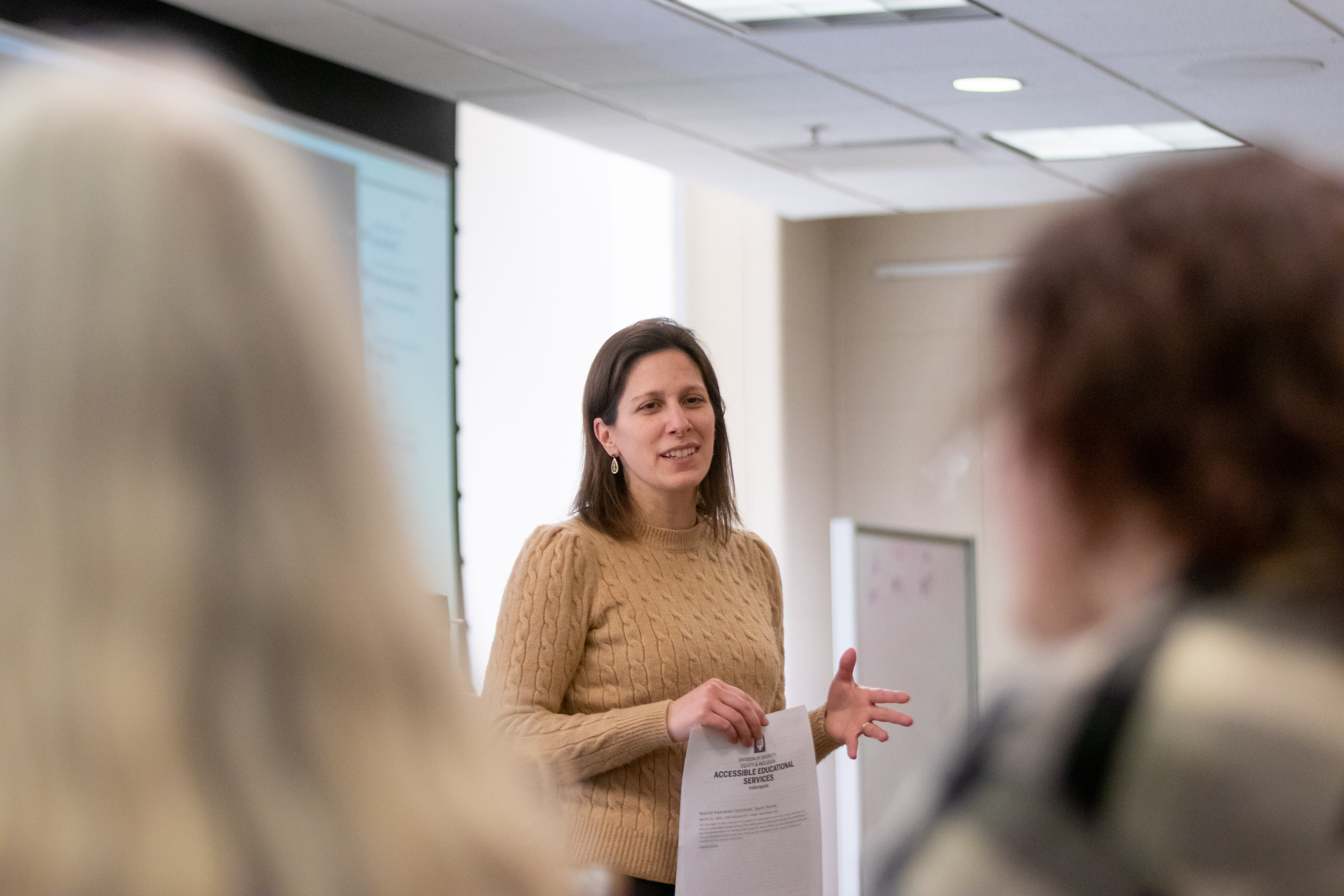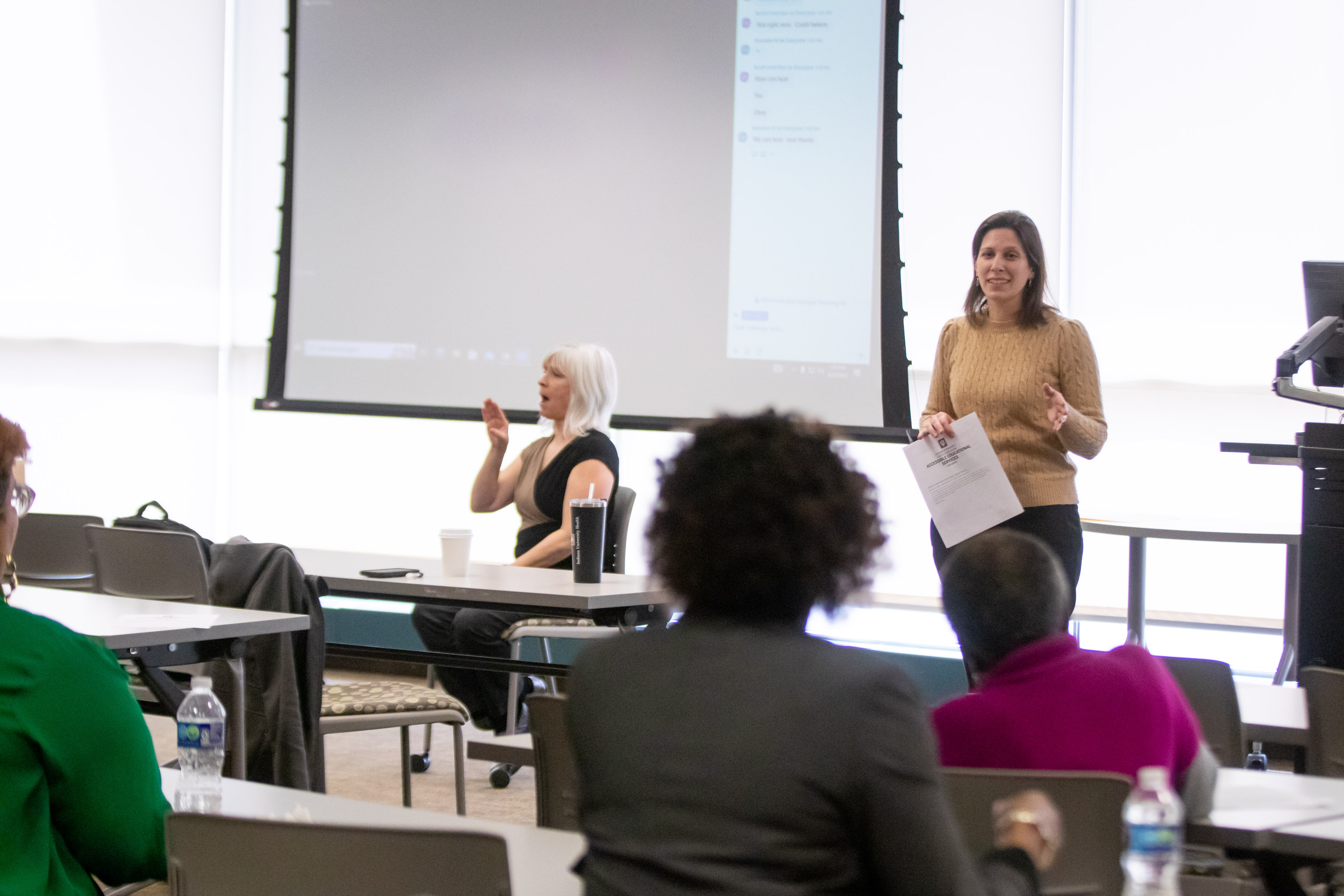AES Post Inaugural Campus-Wide Disability Awareness Month 2024
"Beyond Awareness: Nurturing an Accessible Educational Community"
We are delighted to announce the successful completion of the Inaugural Disability Awareness Month, organized by the Division of Diversity, Equity, and Inclusion’s Office of Accessible Educational Services (AES). This month-long celebration featured various activities, including a kick-off luncheon, keynote speeches, games, tabling, panel discussions, technology demonstrations, equity stories, and a mini-resource fair. We sincerely thank everyone who contributed to this event's success. Your dedication and support were invaluable. Participant feedback highlighted the sessions' value and the strong sense of community fostered throughout the month. This event marks the beginning of our journey towards creating a more outward-facing and collaborative Accessible Educational Services Community of Practice (AESCoP). This initiative aims to unify existing relationships and services to advocate for disabled students and students with disabilities, fostering a sense of belonging at IU Indianapolis.
Intent: Our goal was to create an inclusive platform to recognize and celebrate the experiences of disabled students and students with disabilities. Throughout the month, we hosted various events in collaboration with students, faculty, staff, and internal and external partners to foster a sense of community and belonging actively.
Impact: This celebration laid the groundwork for moving beyond disability awareness to nurturing a community that humanizes individuals, provides access, amplifies voices through advocacy, and promotes justice through disability rights and a disability justice framework. We are fostering continual relationships by building and growing together within our existing relationships and services. We aim to create an AESCoP that aligns with IU Indianapolis’s 2030 goals and values. We invite all on-campus and off-campus community members—students, faculty, staff, and partners—to join us in this journey, contribute their unique perspectives, and actively build a more inclusive and supportive environment. Your participation is crucial to our IU Indianapolis community's growth and success. Together, we can make a lasting impact.
Indiana University Indianapolis Accessible Educational Services Director, Dr. Mercedes A. Cannon.


